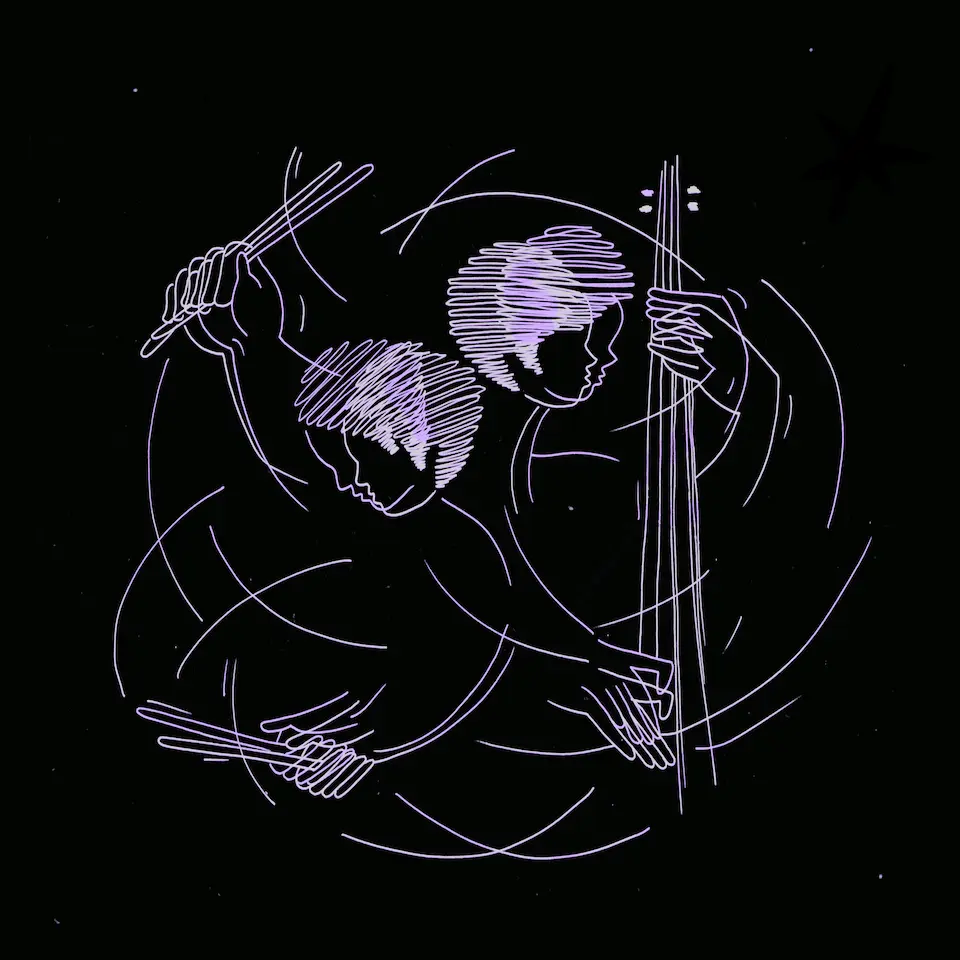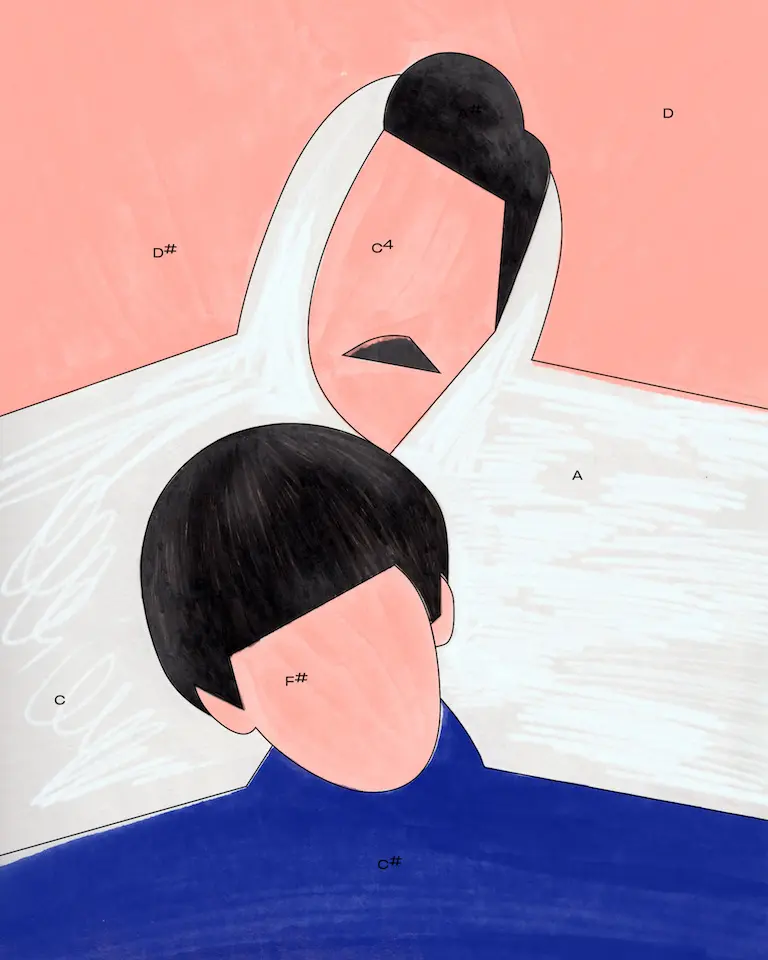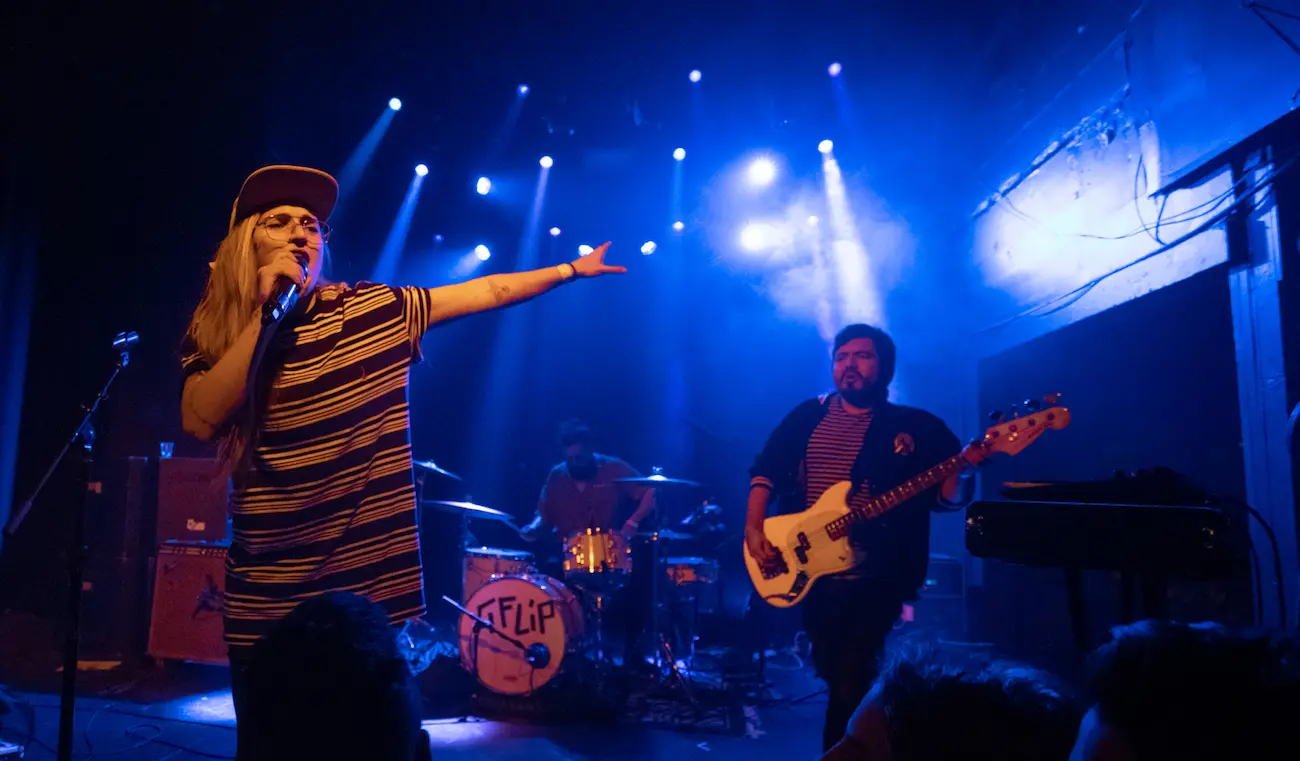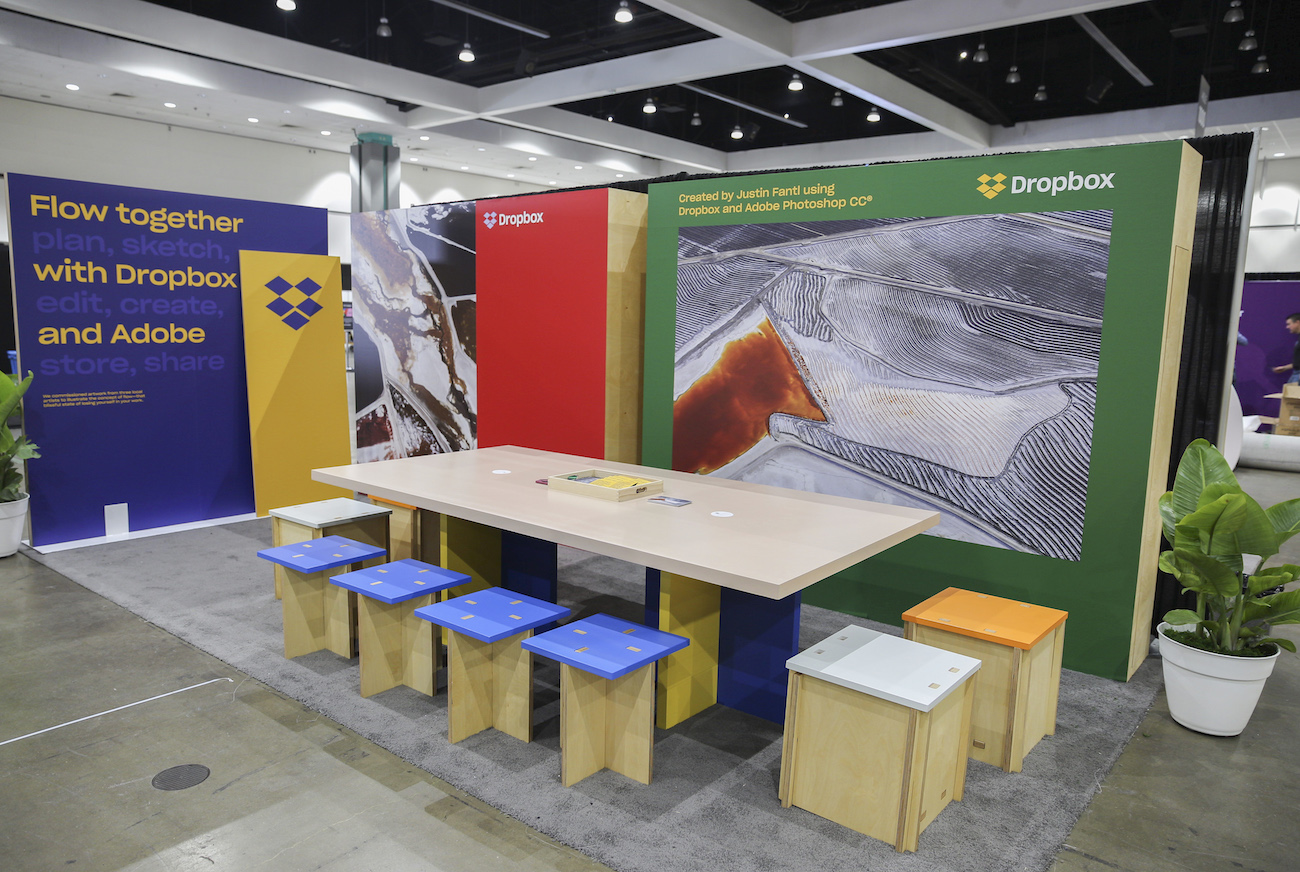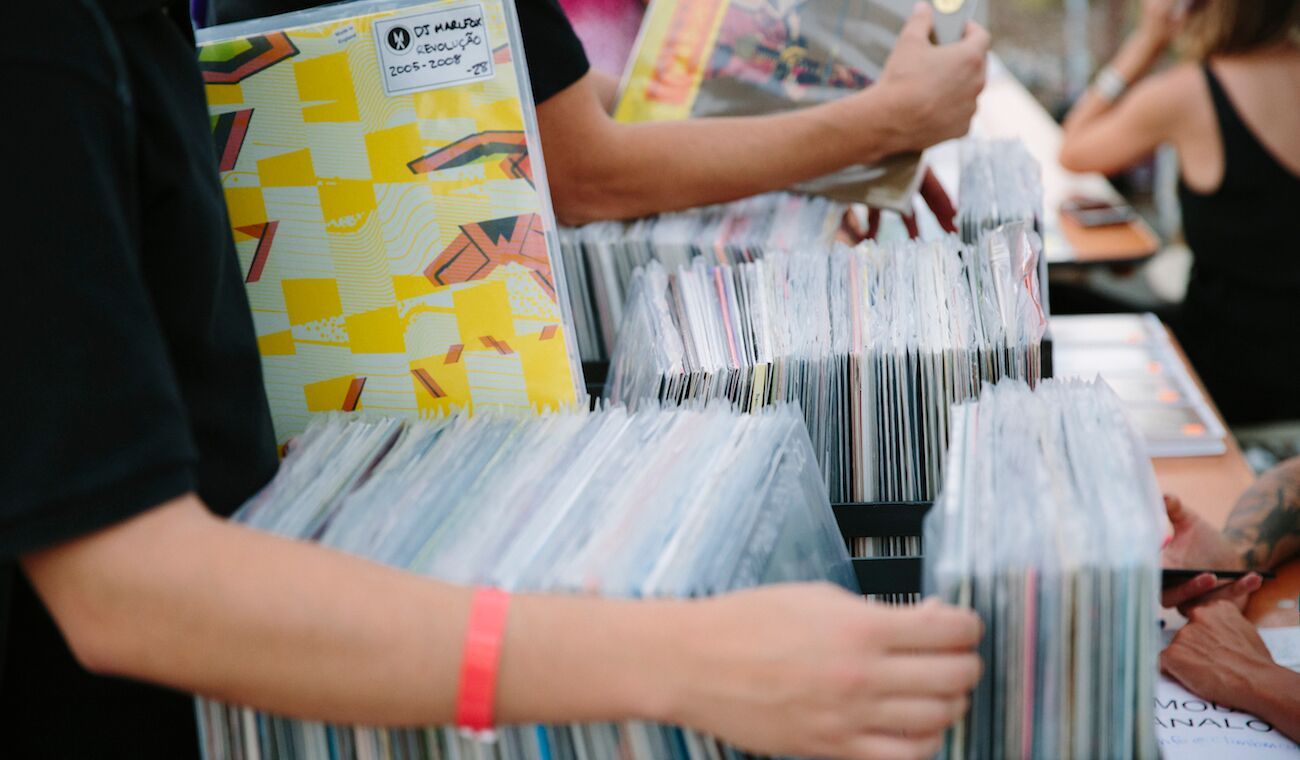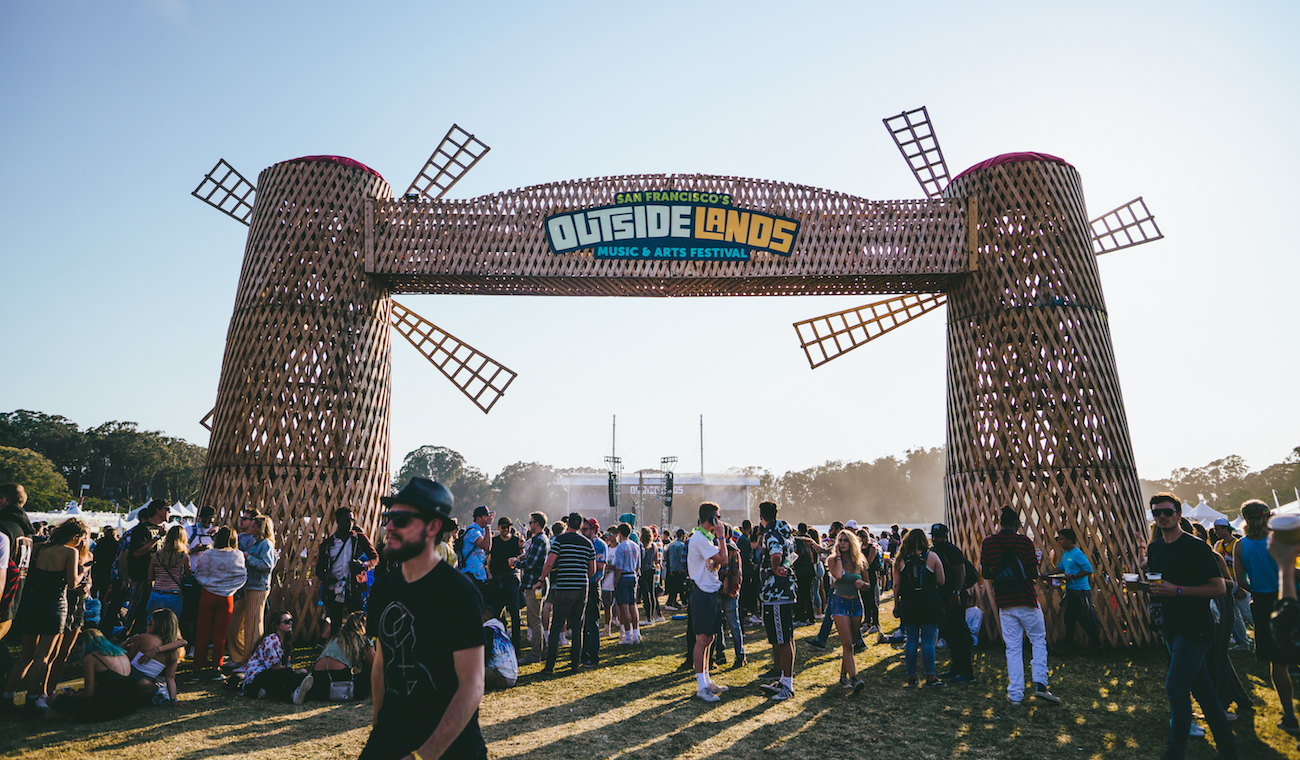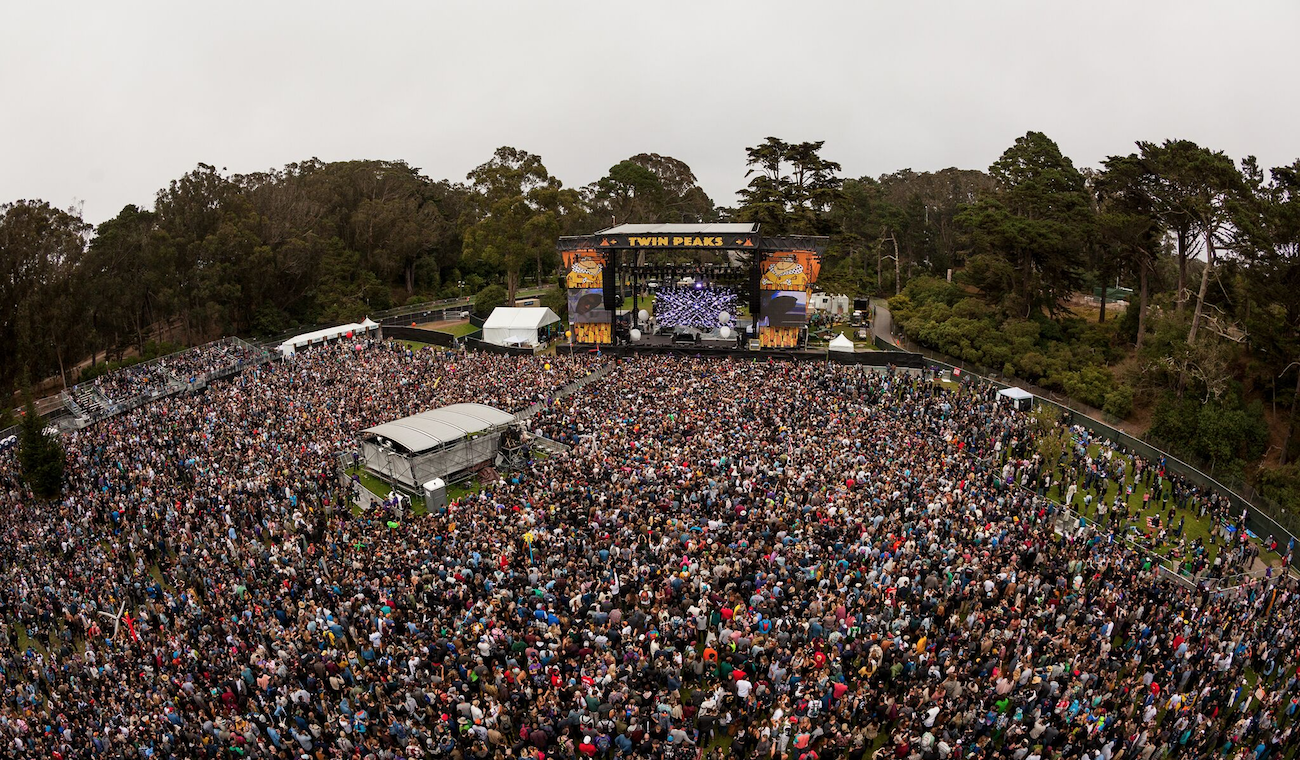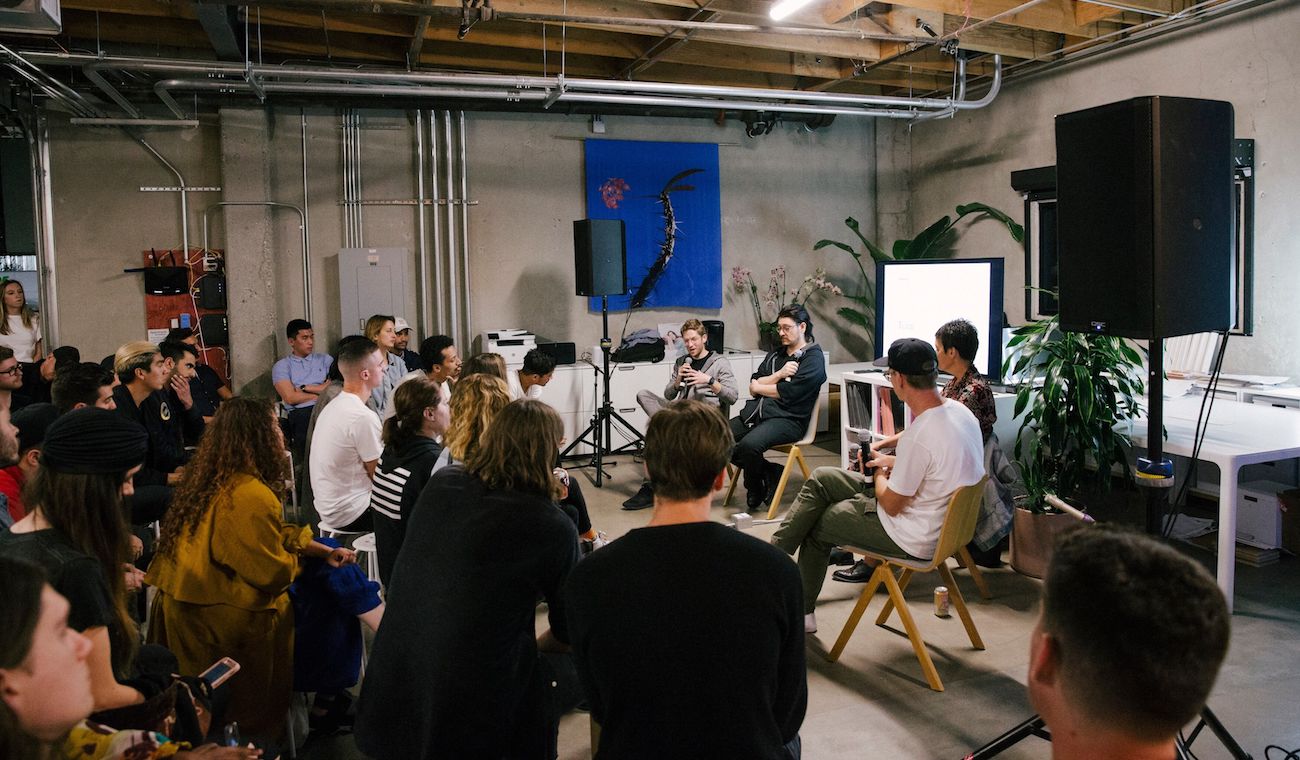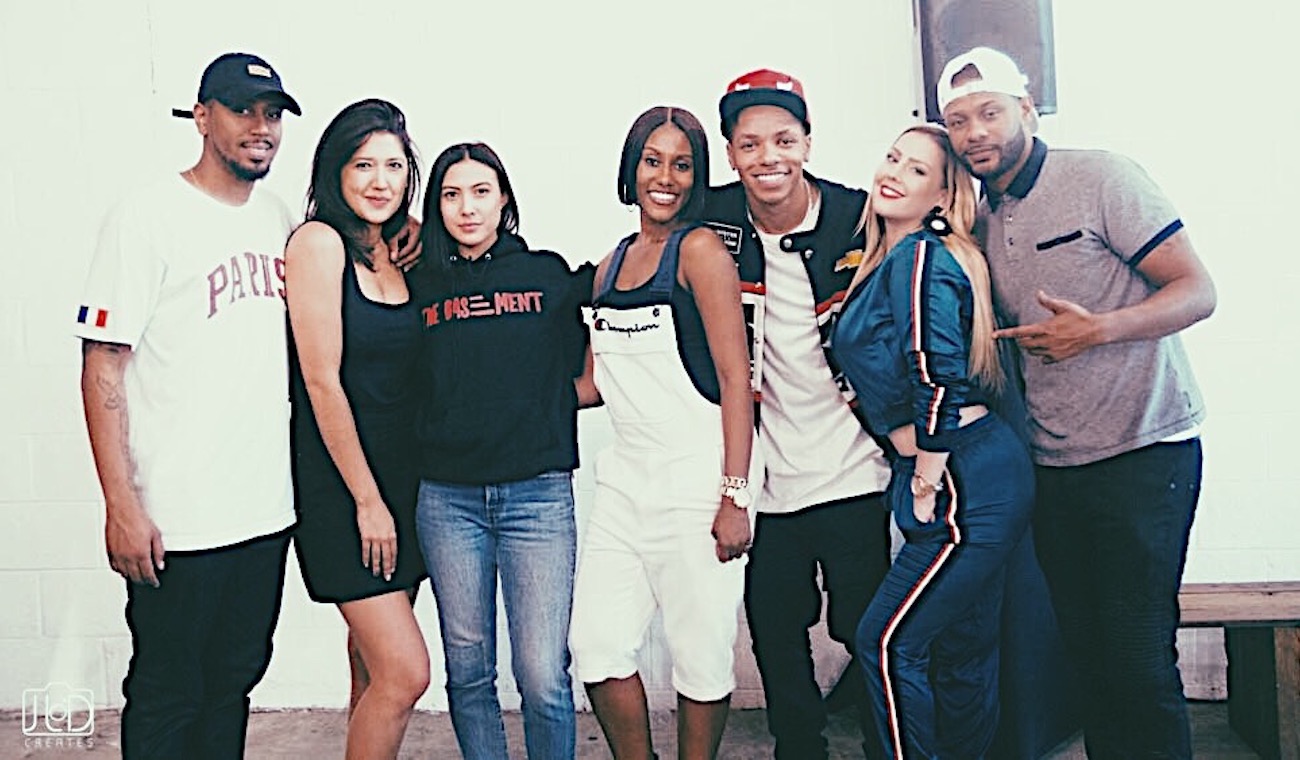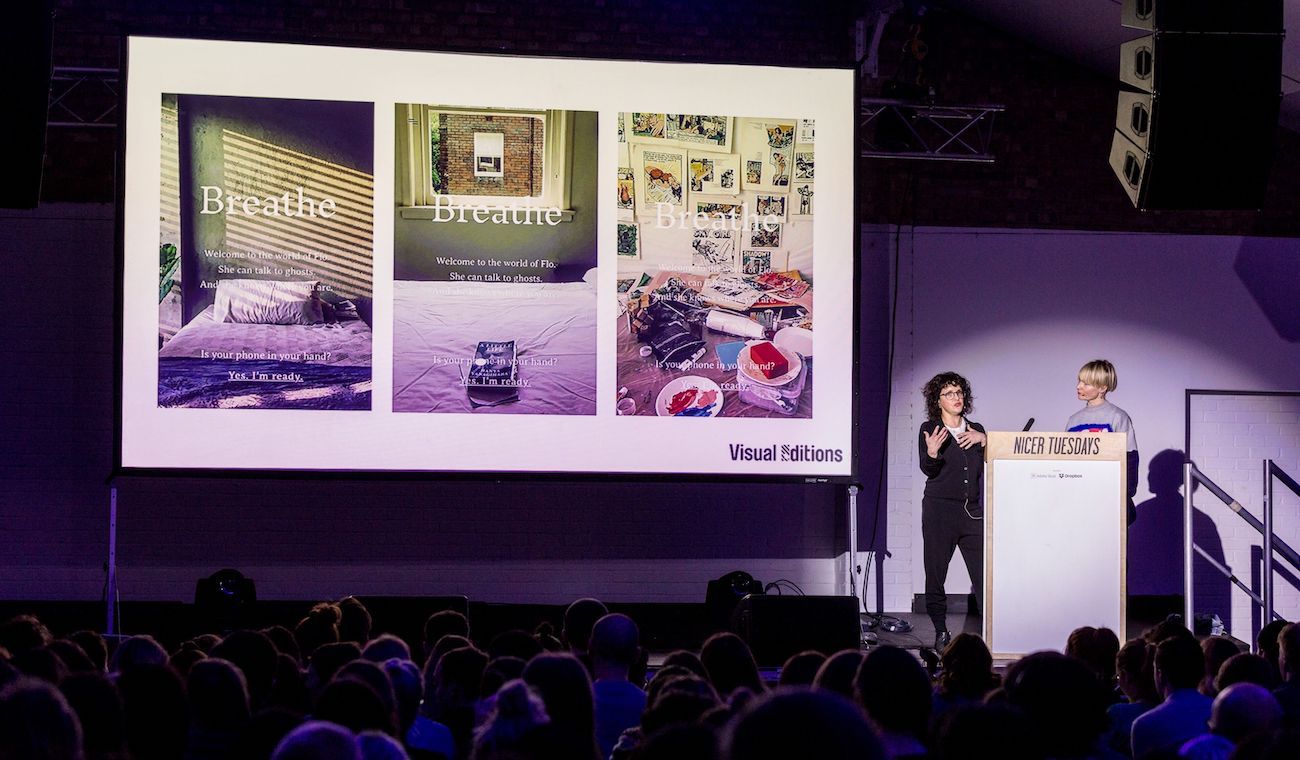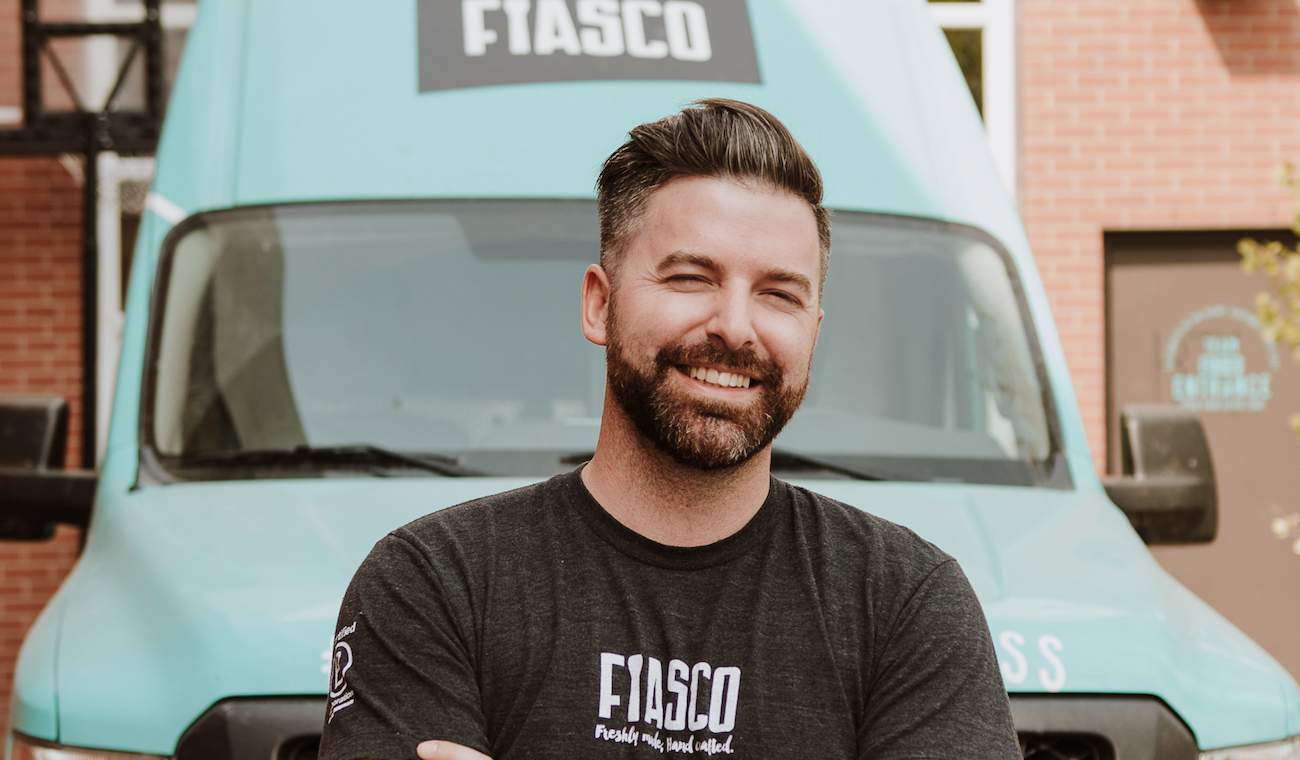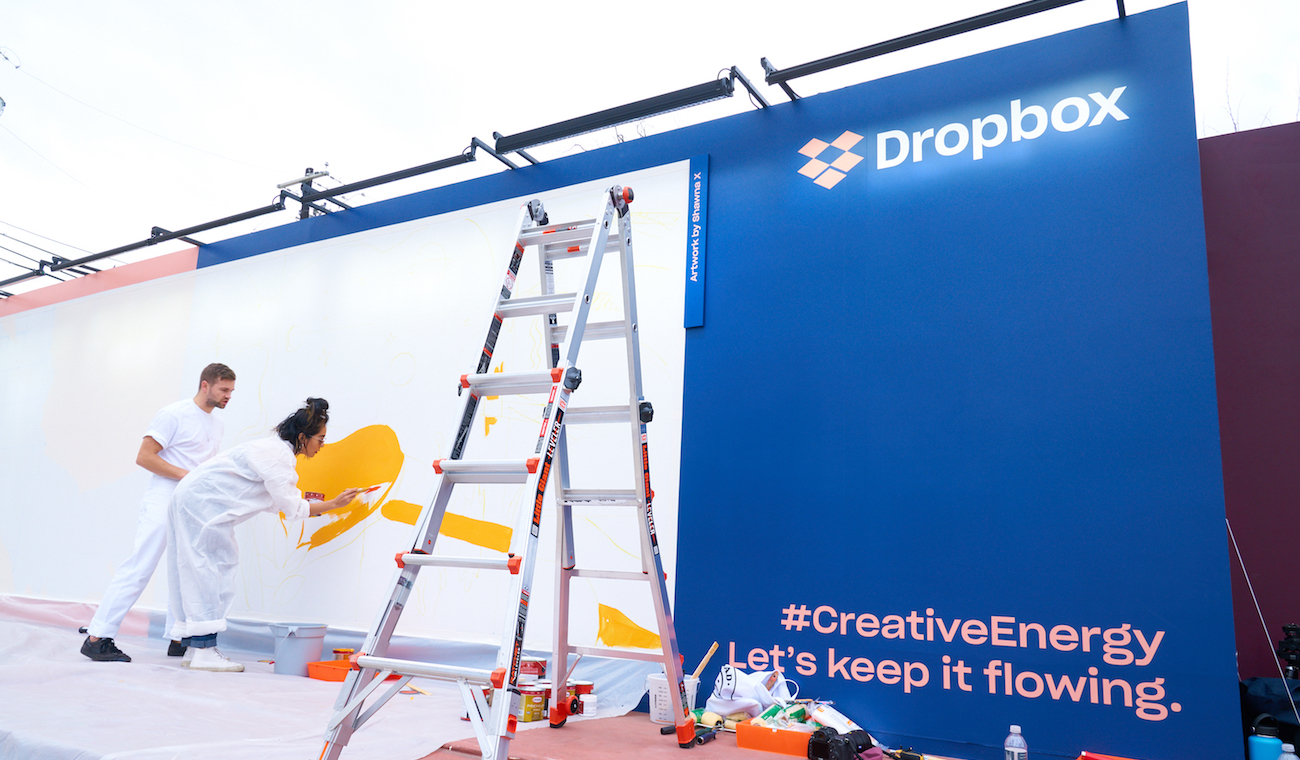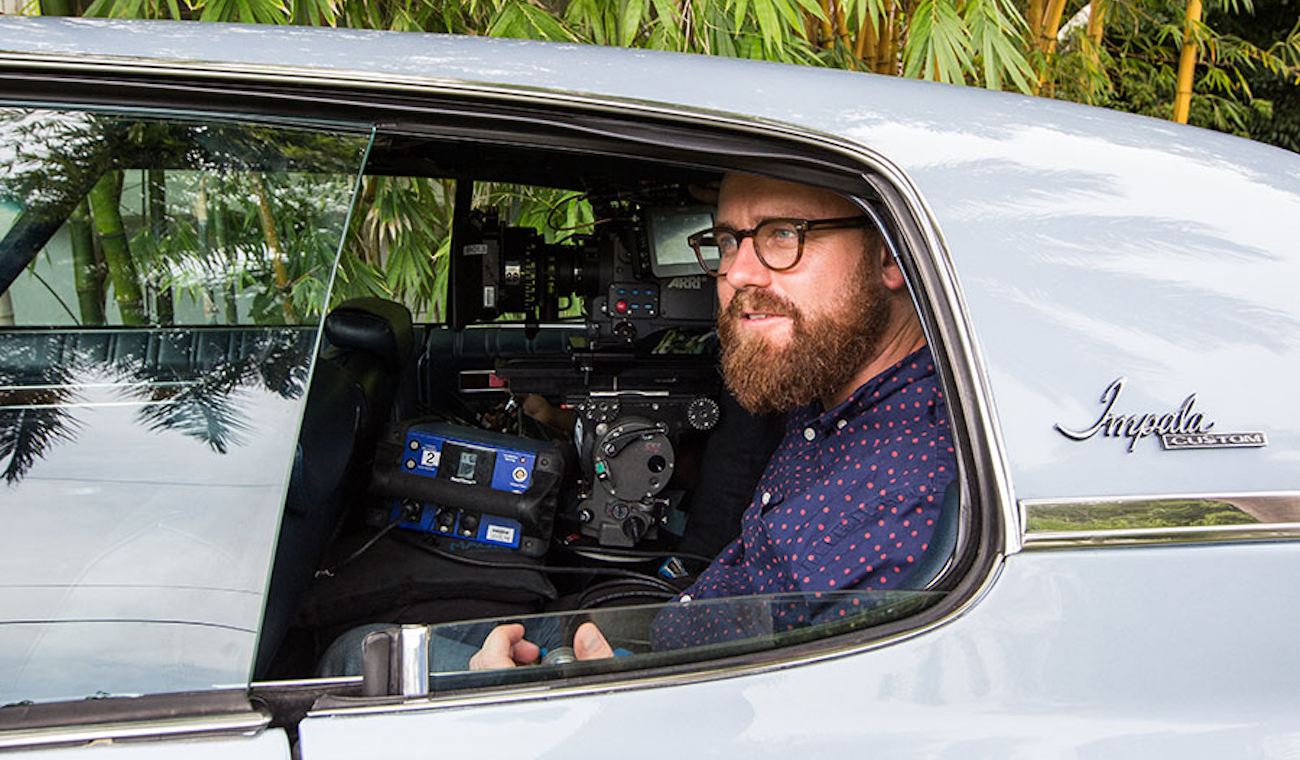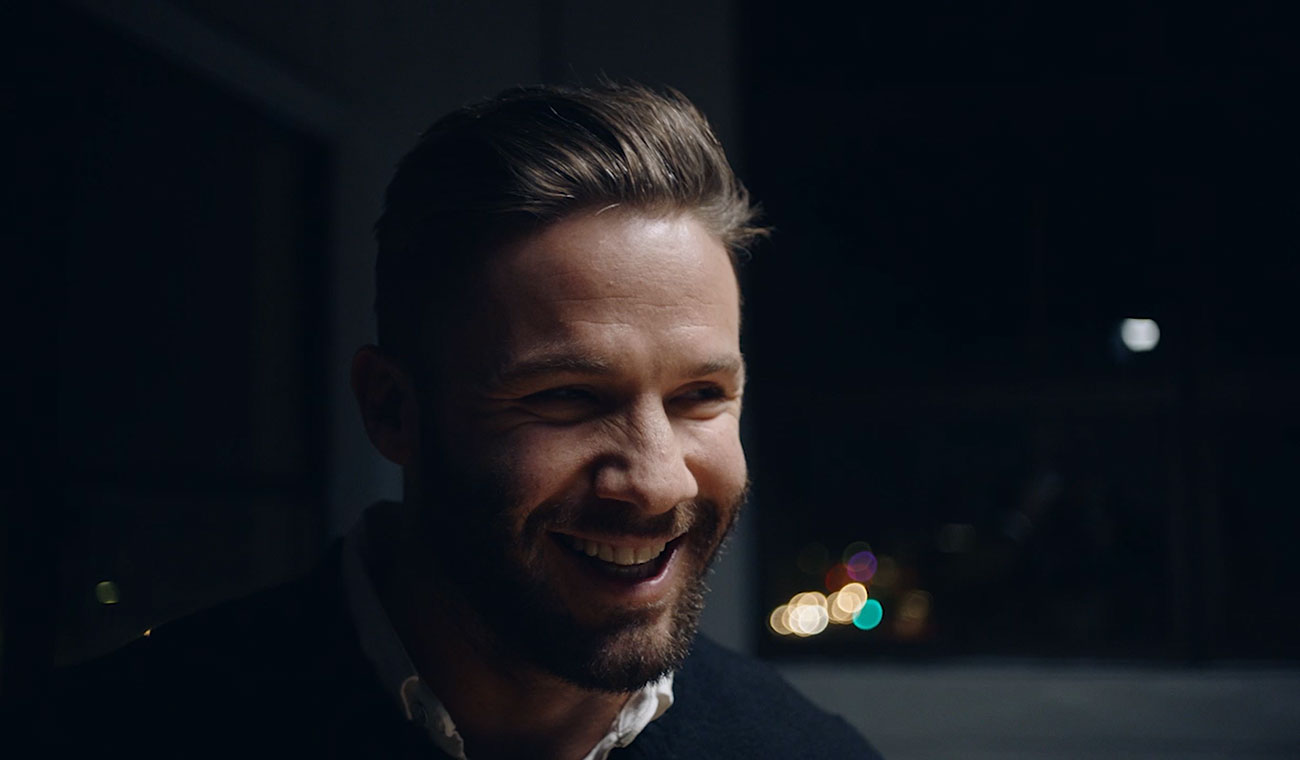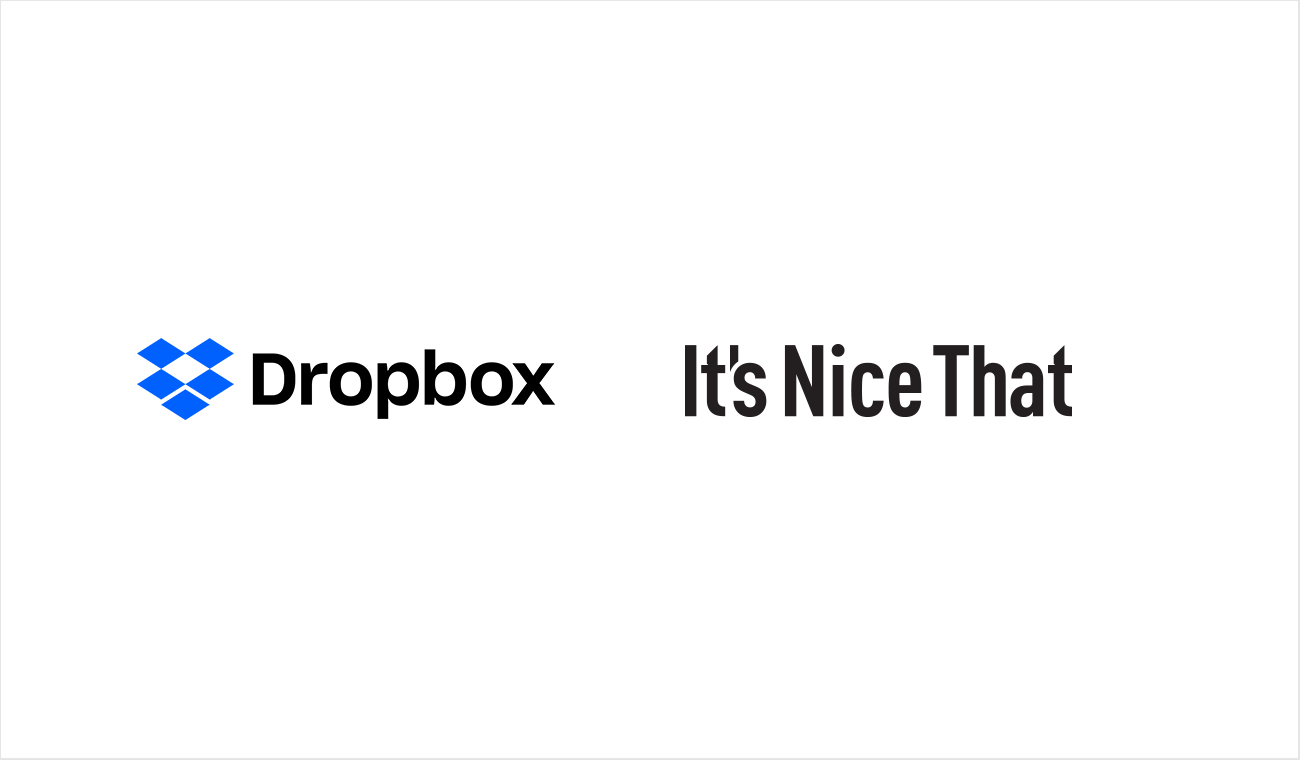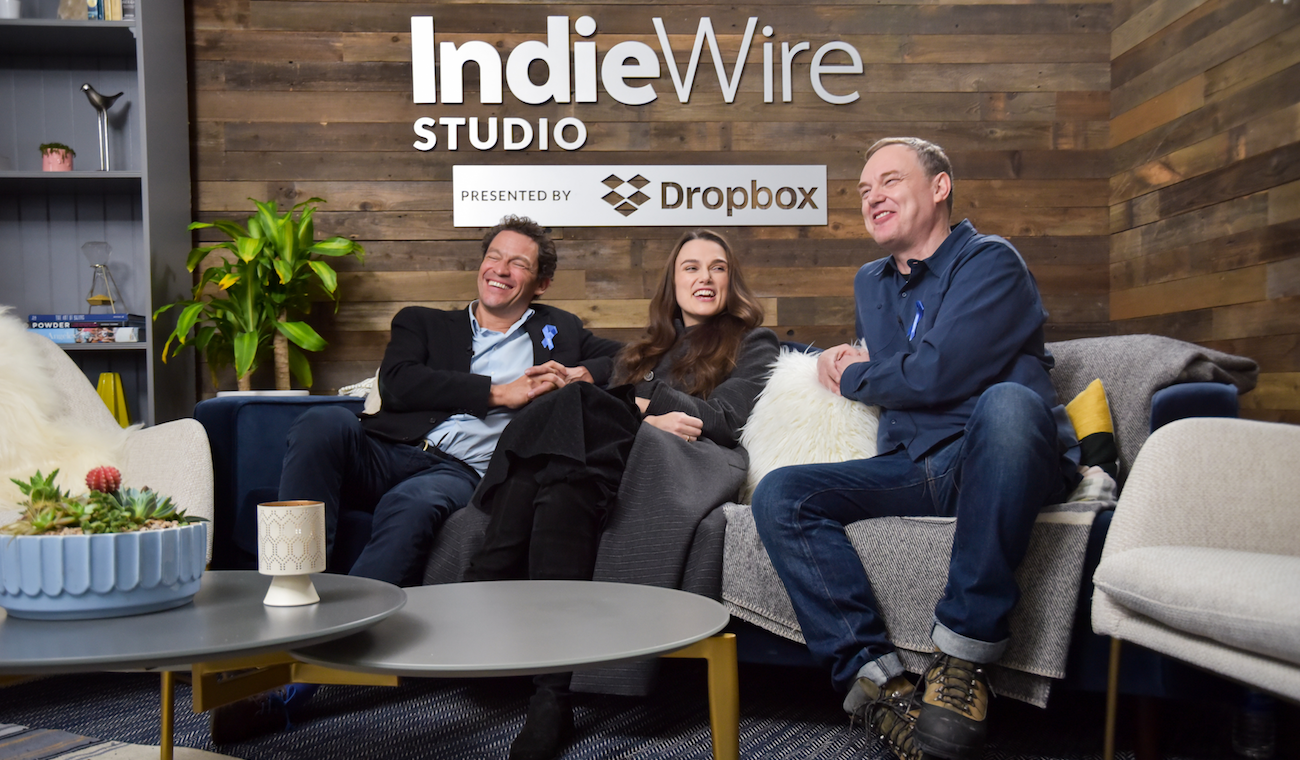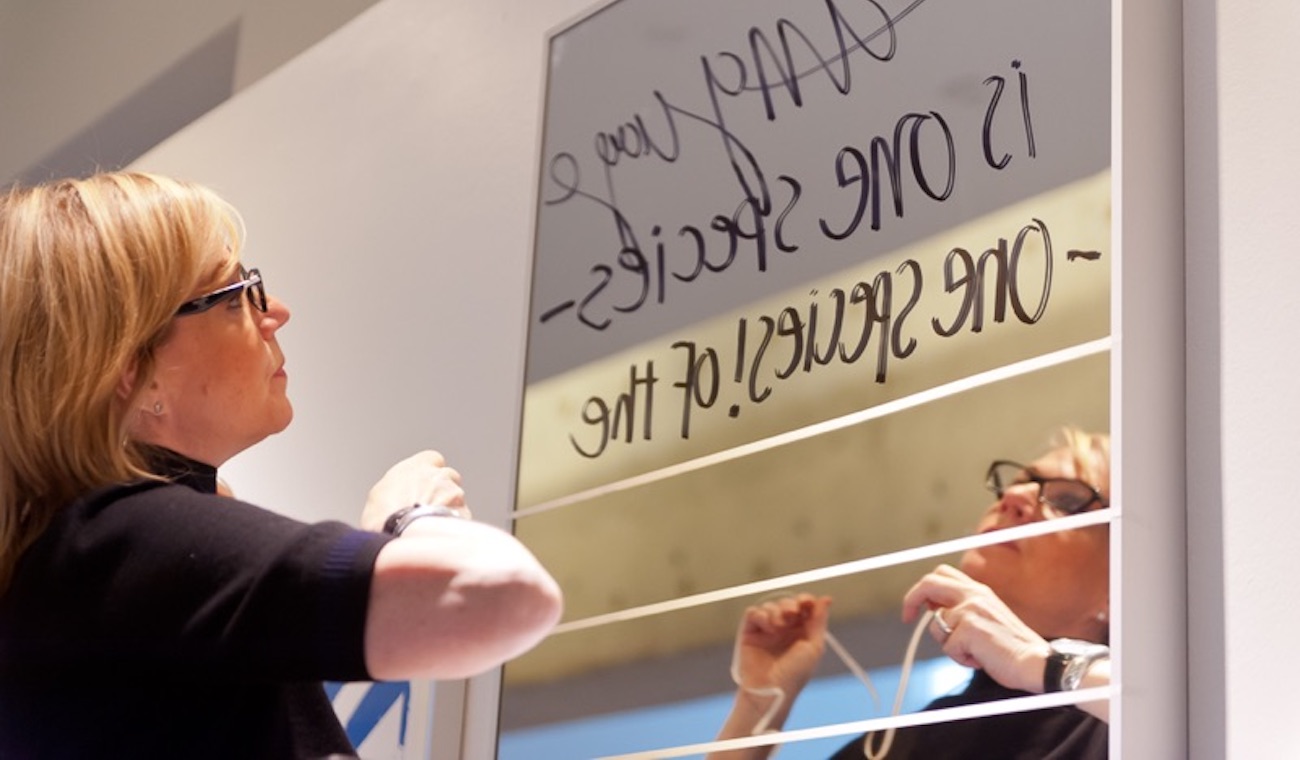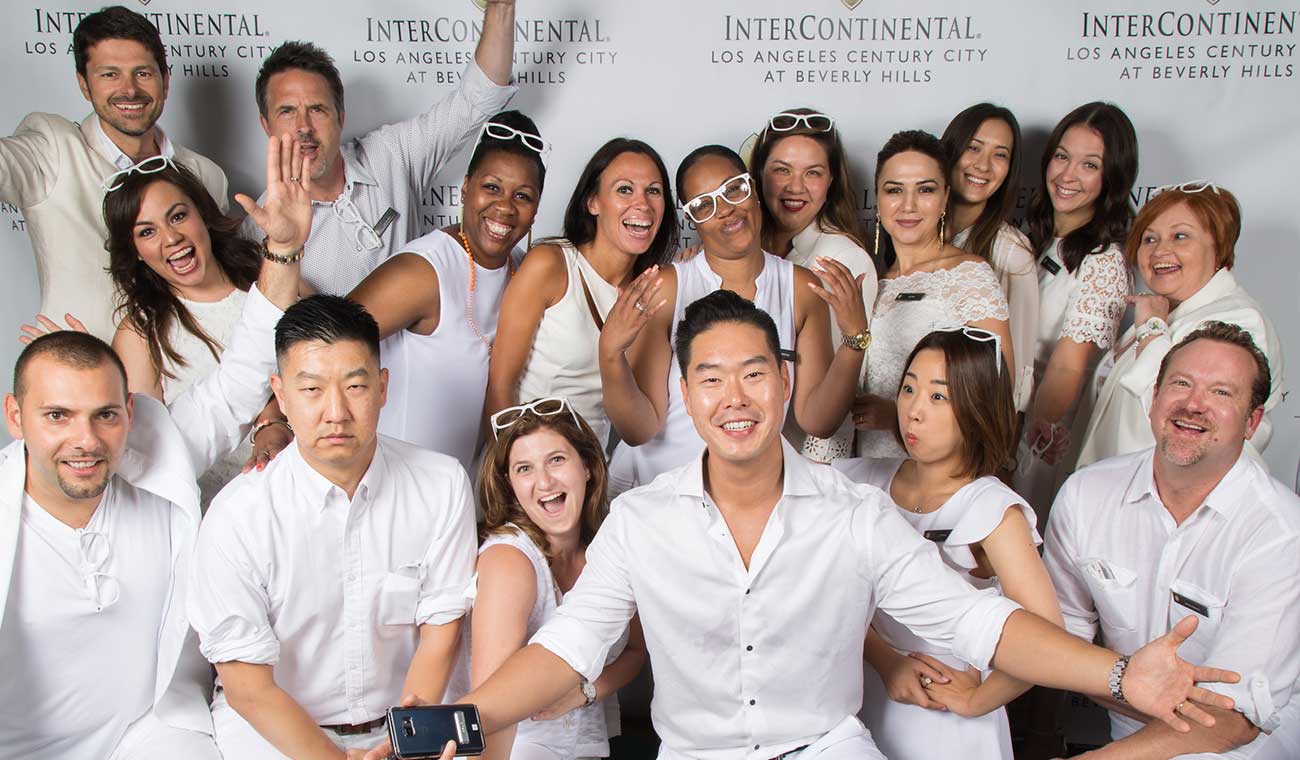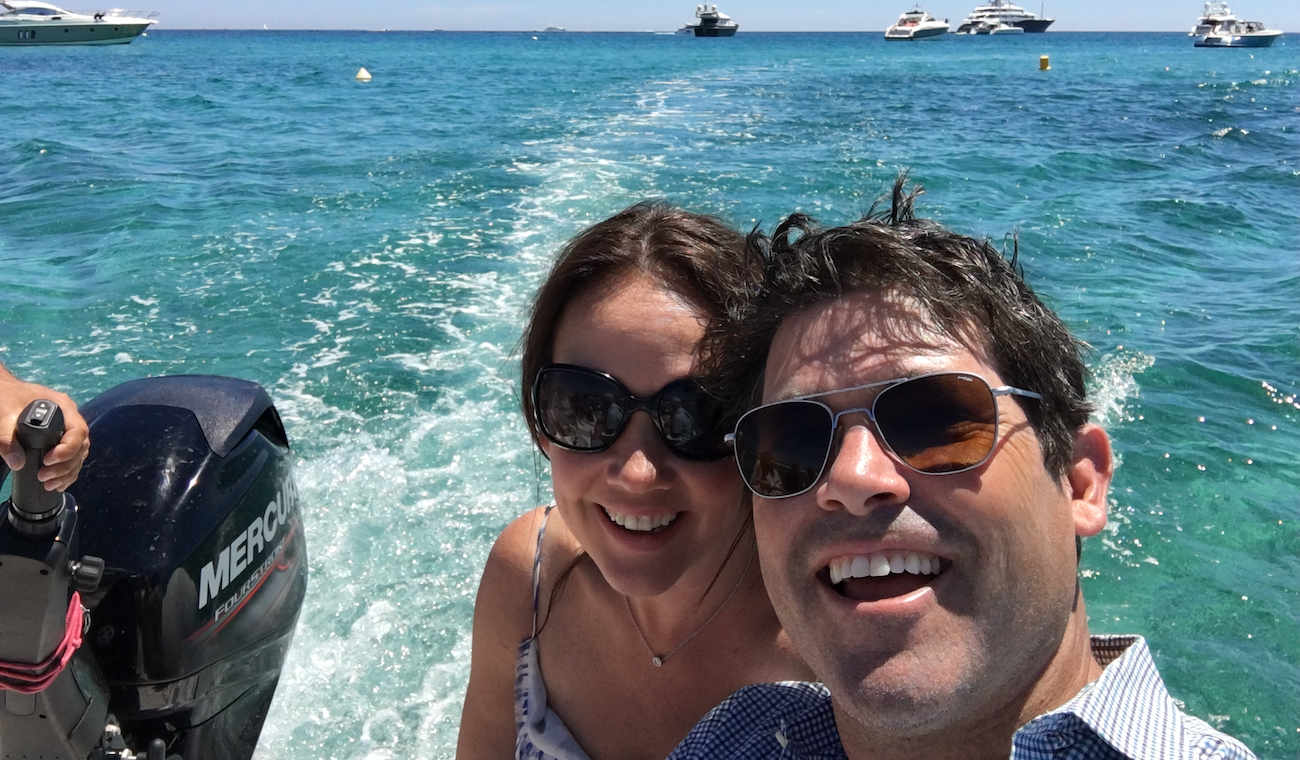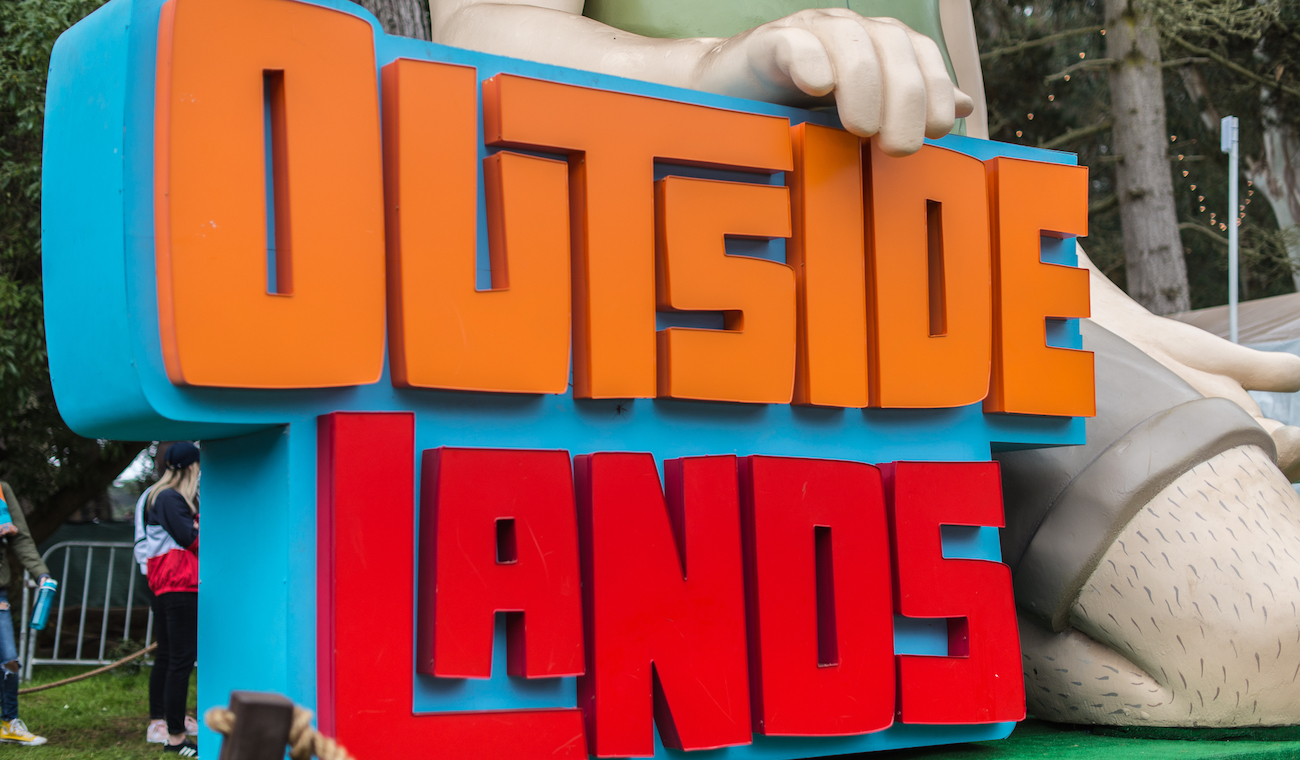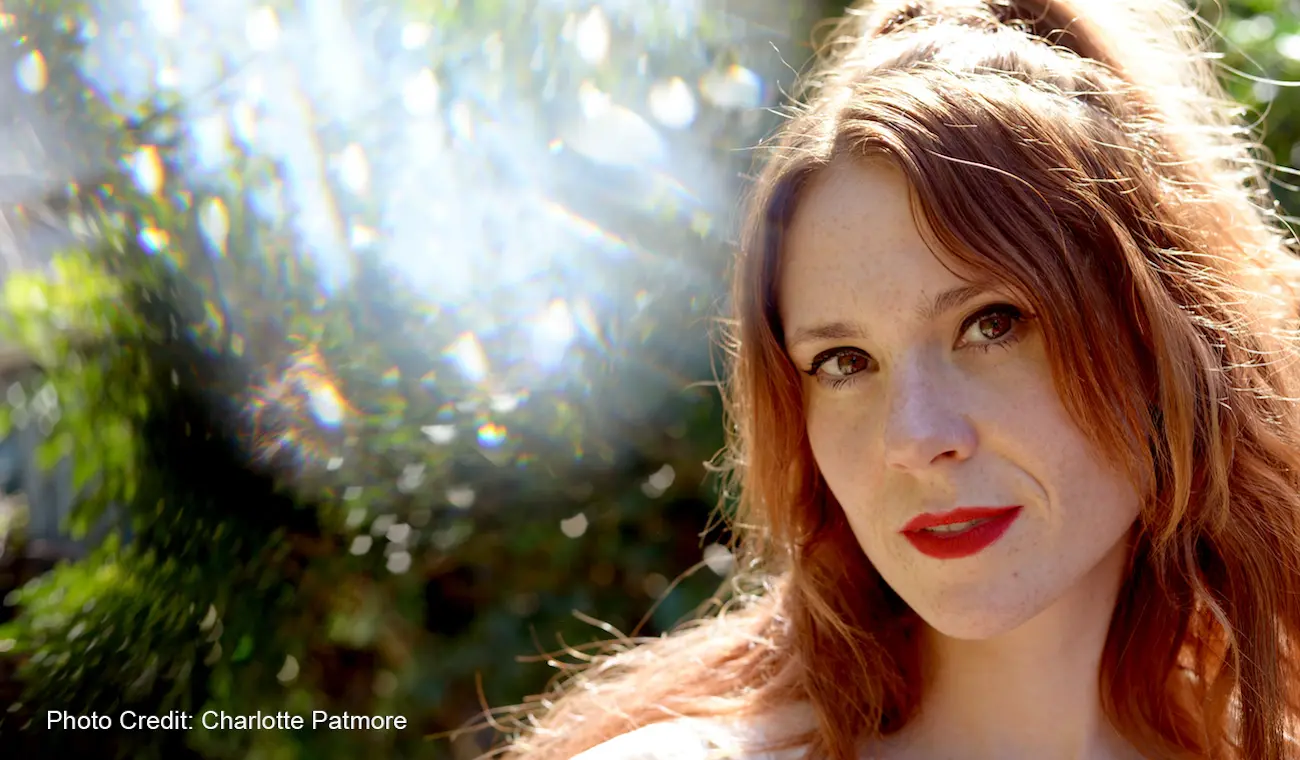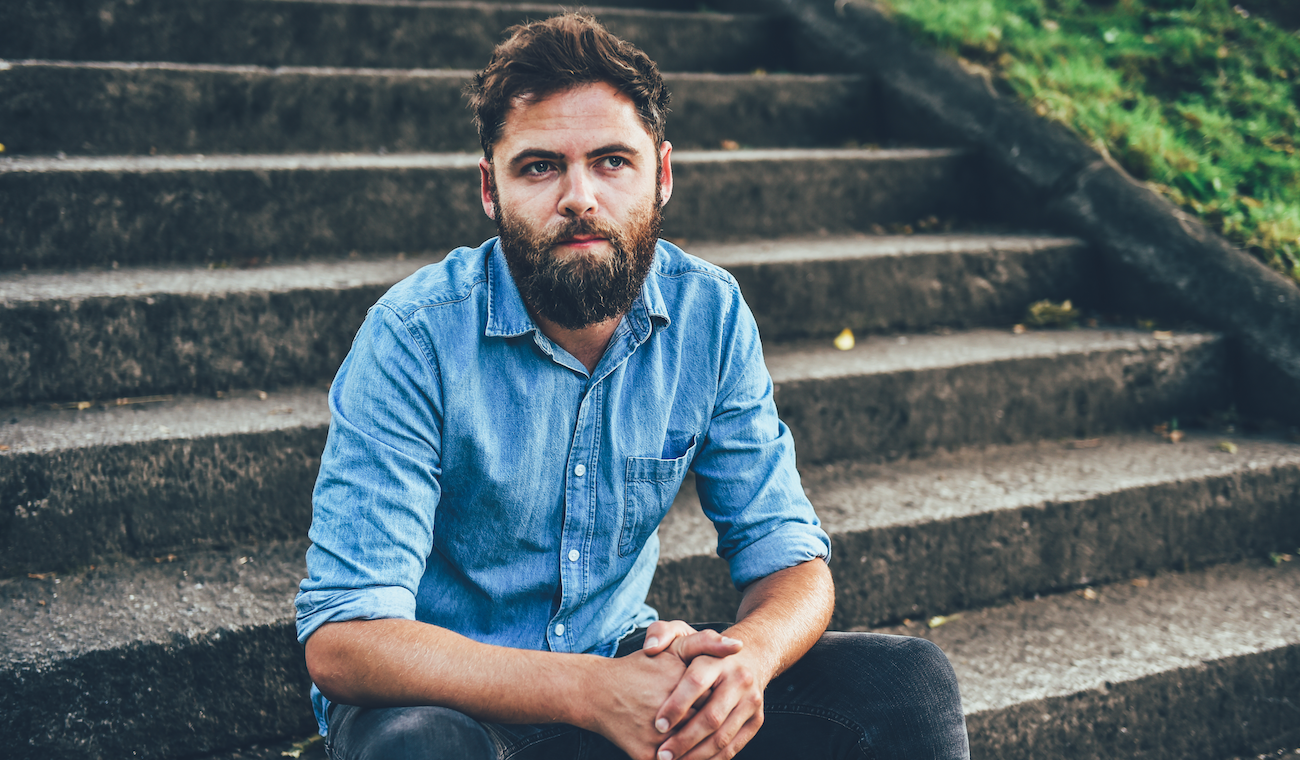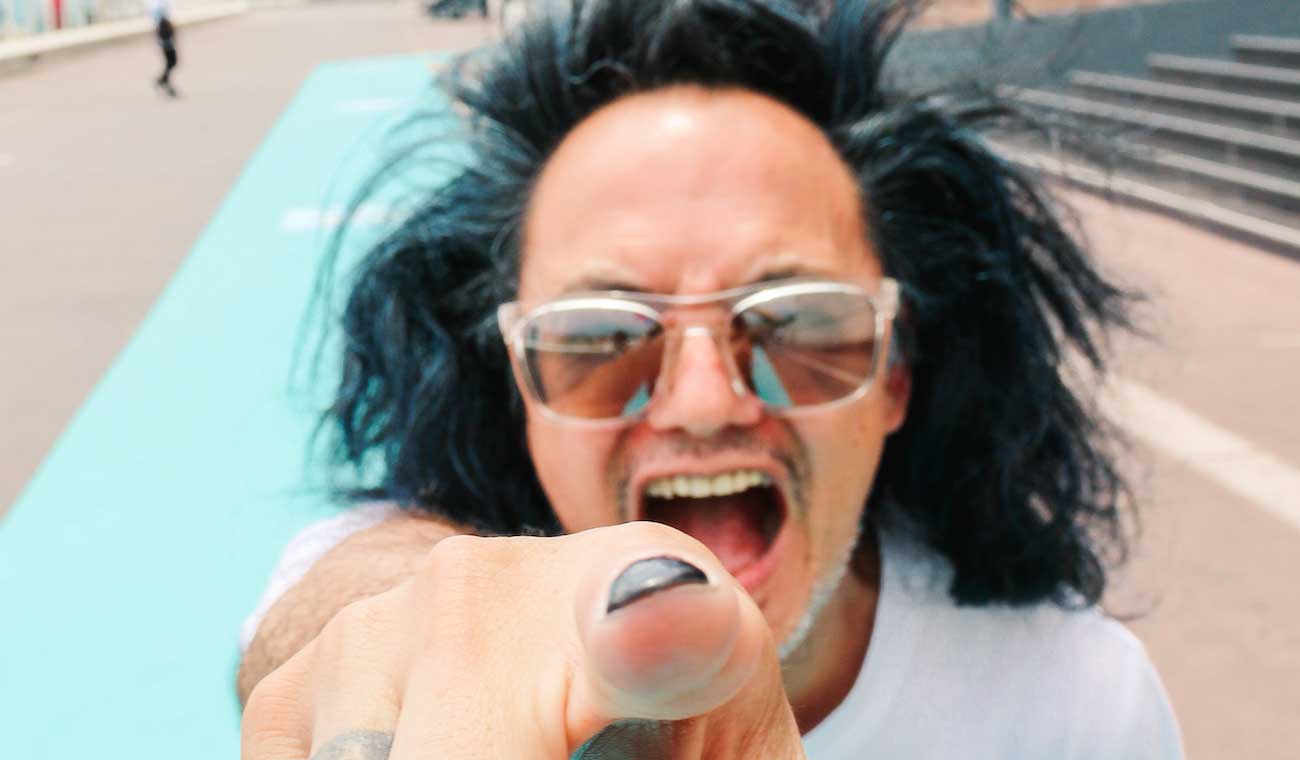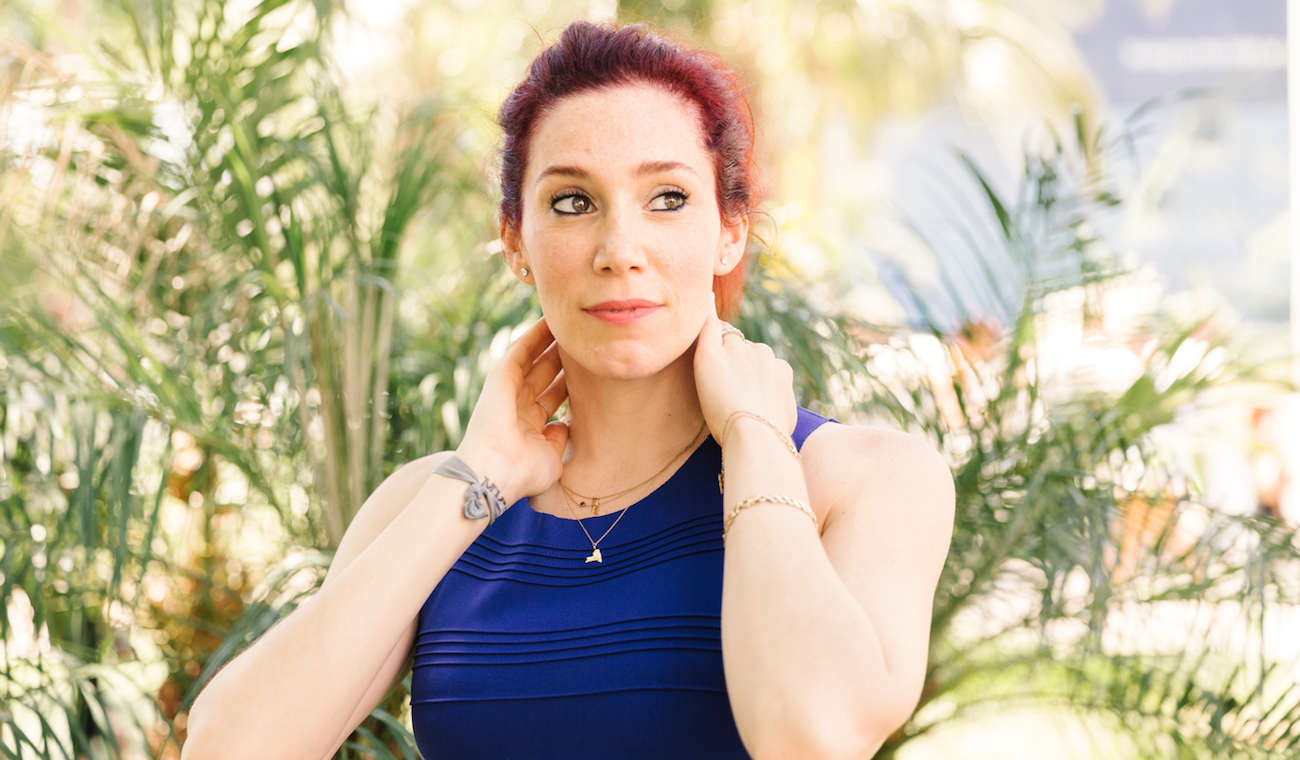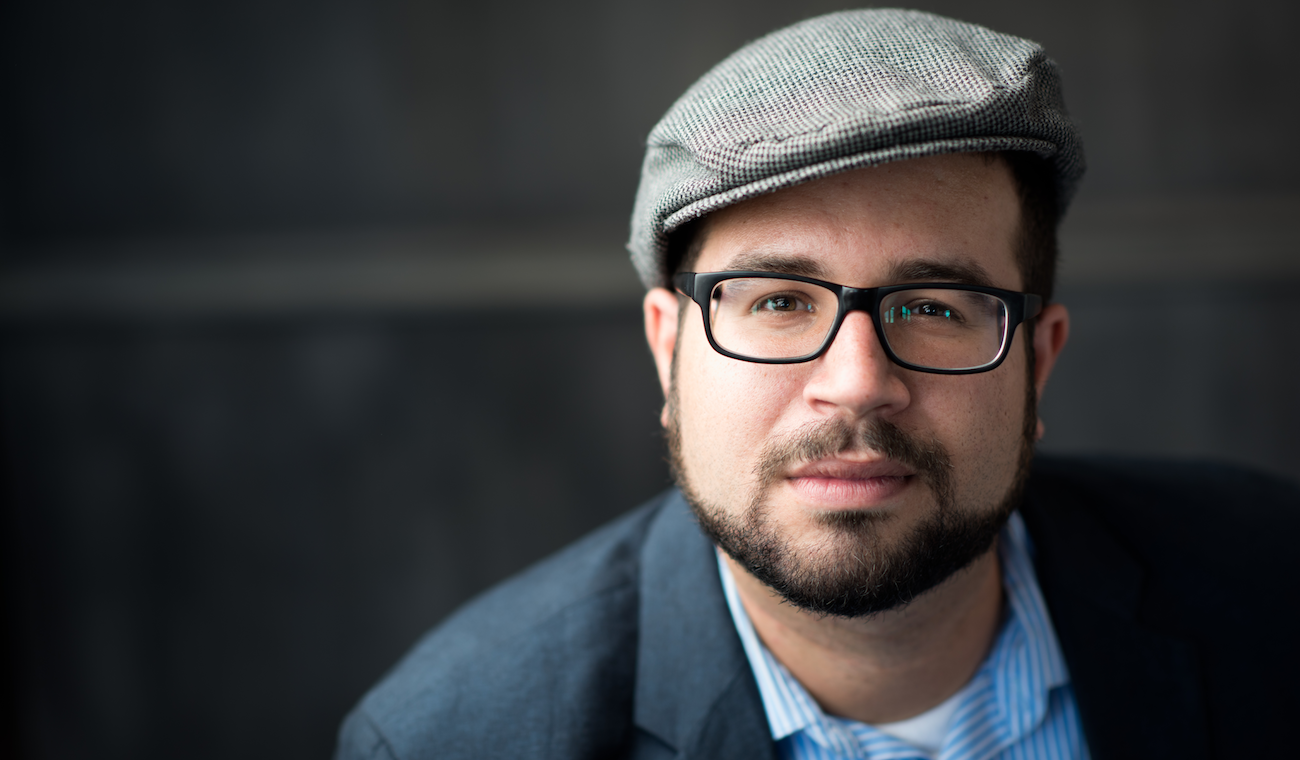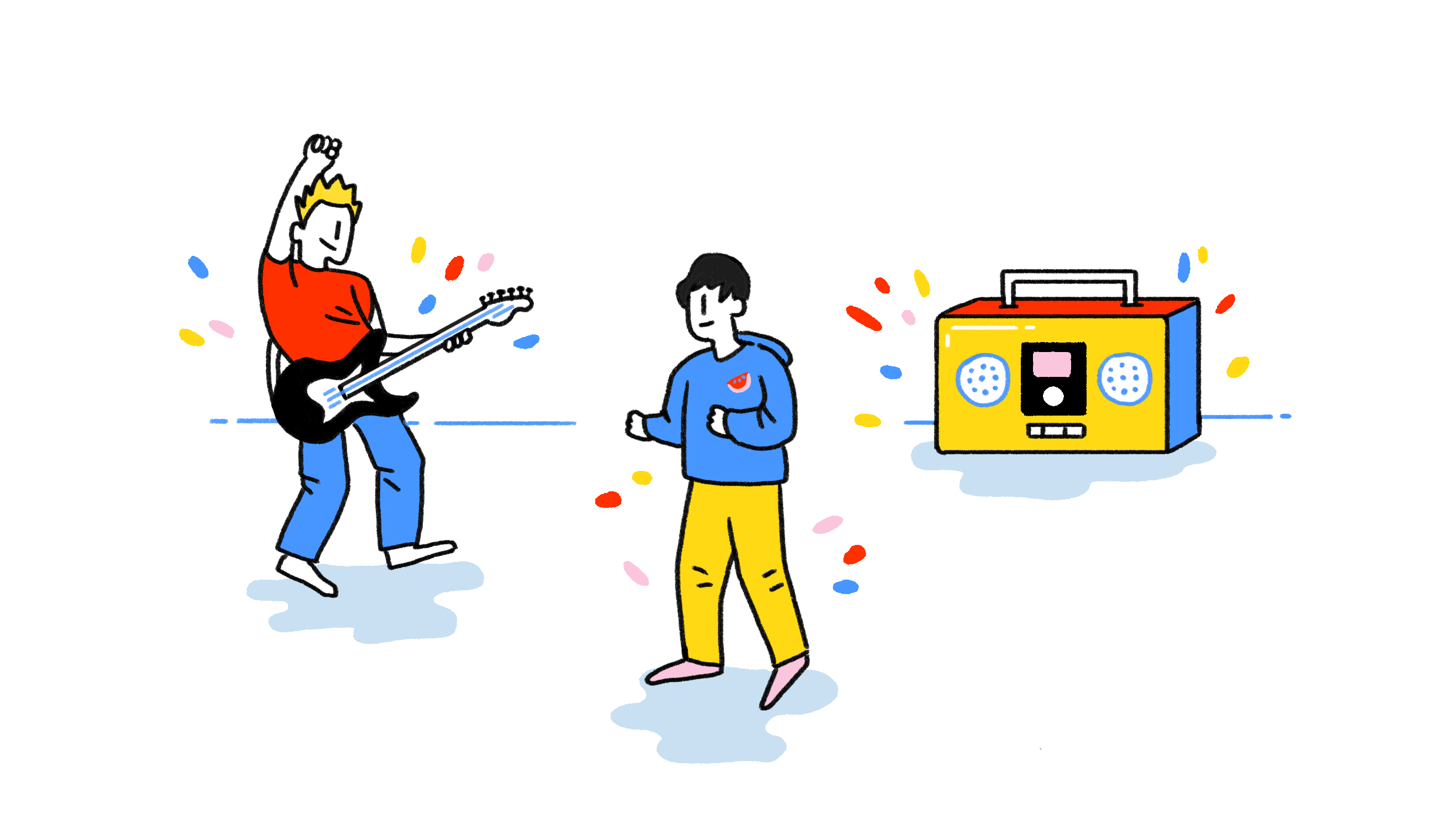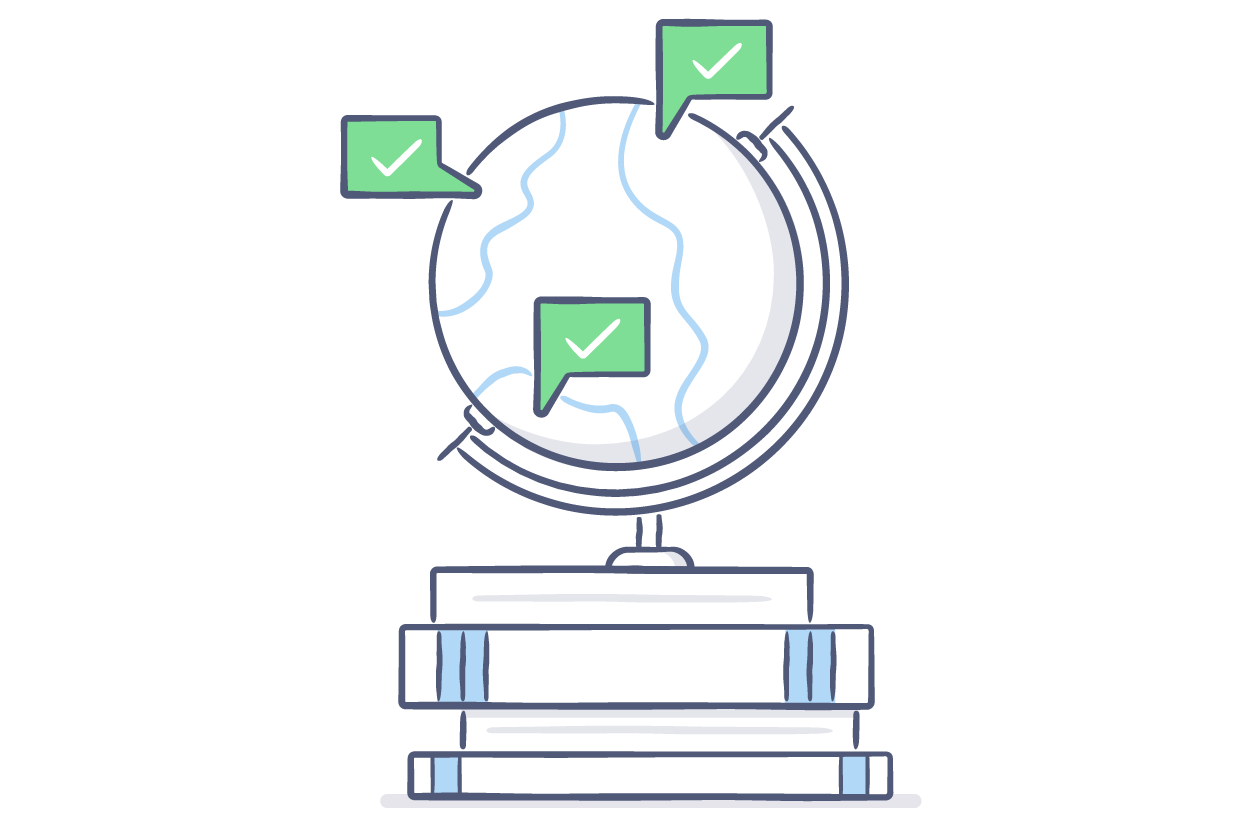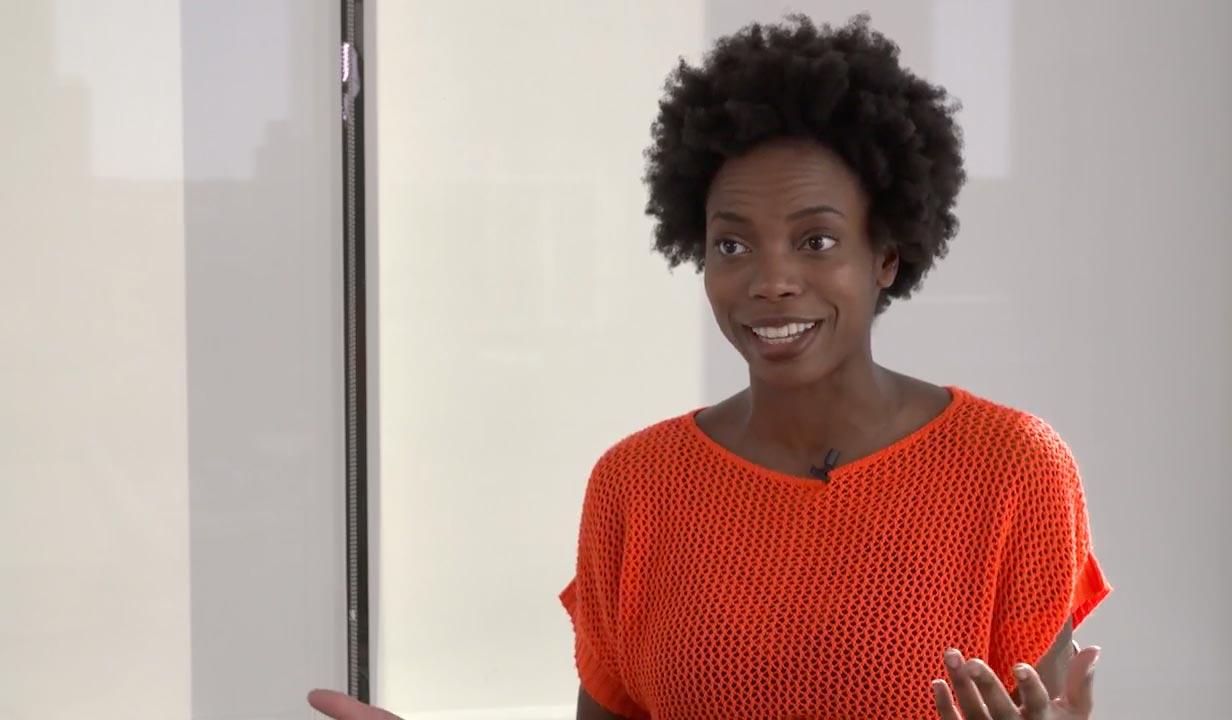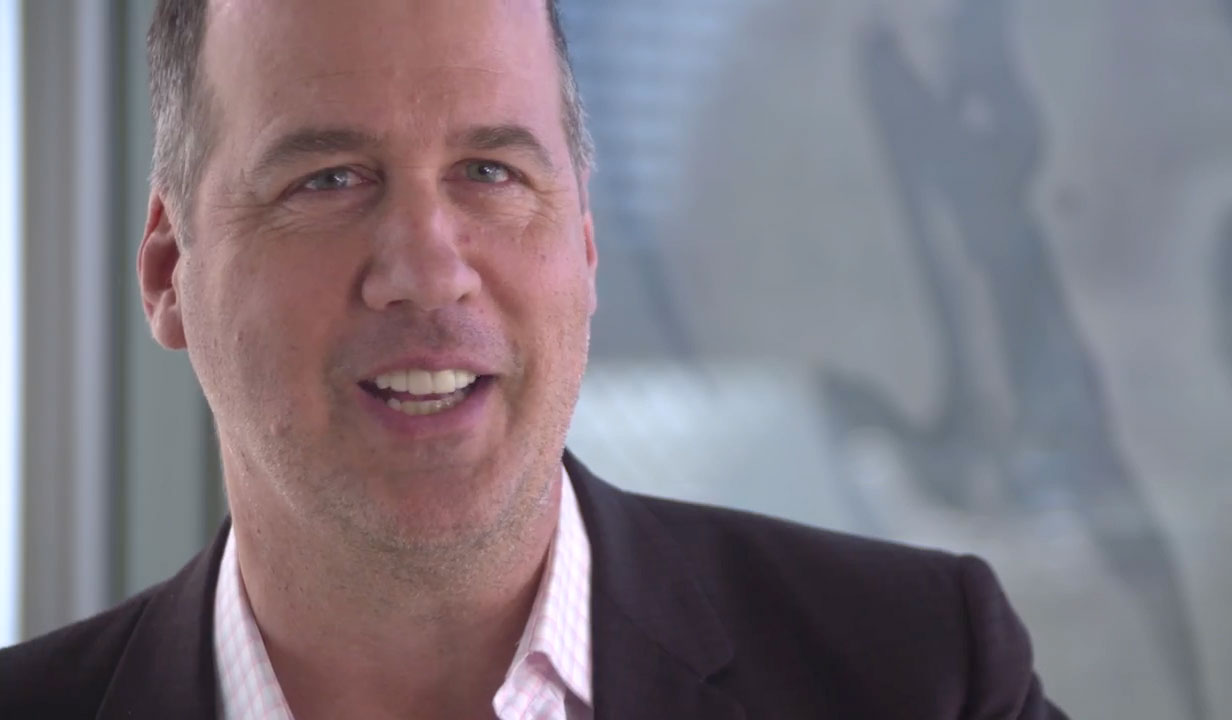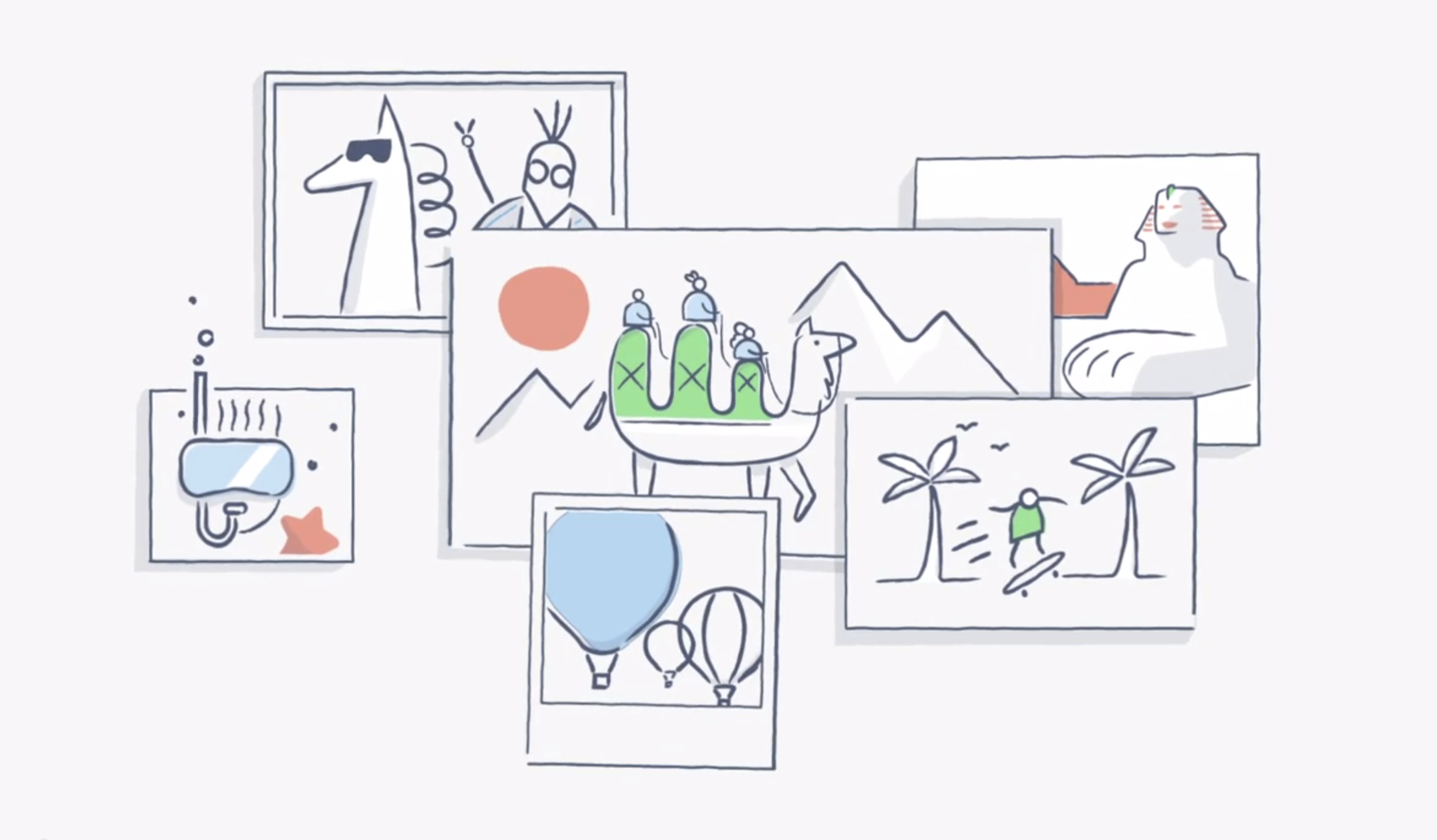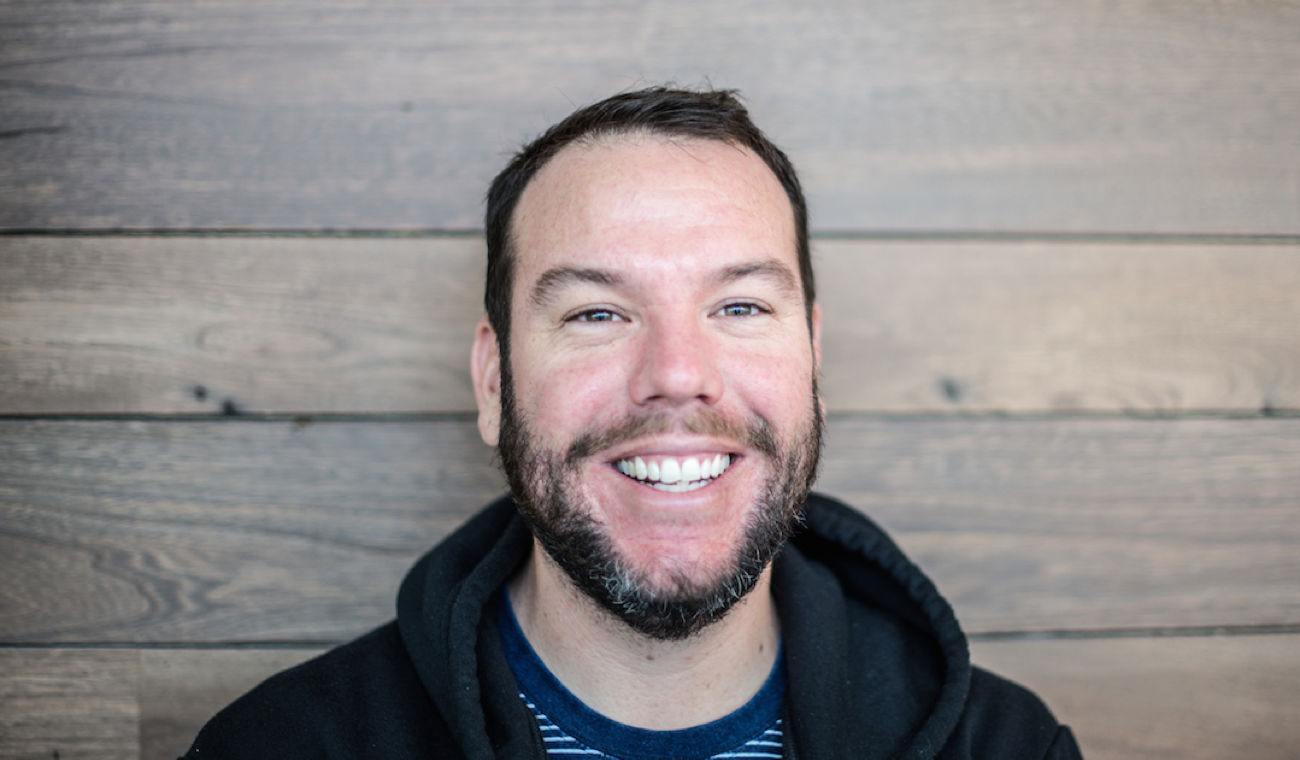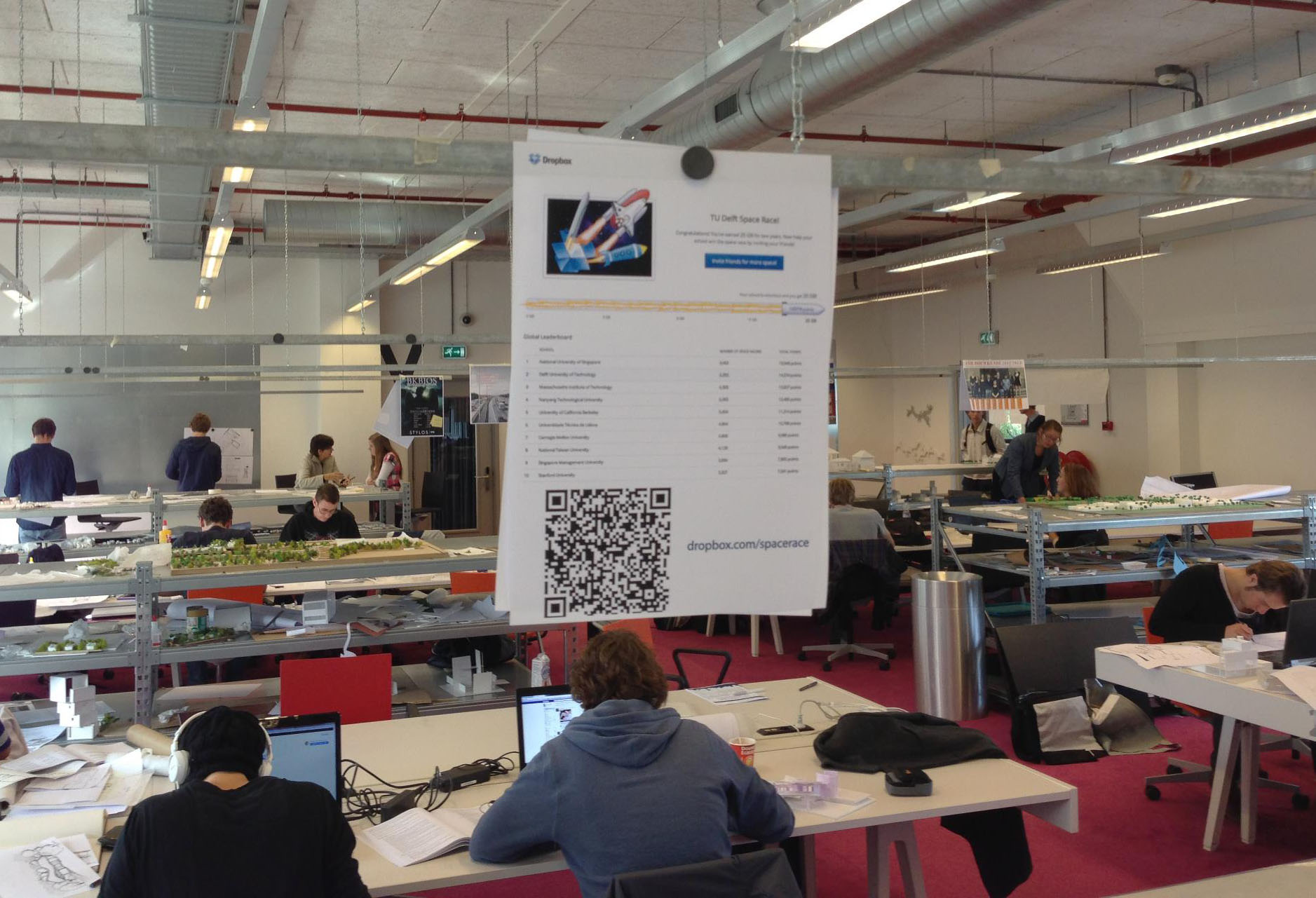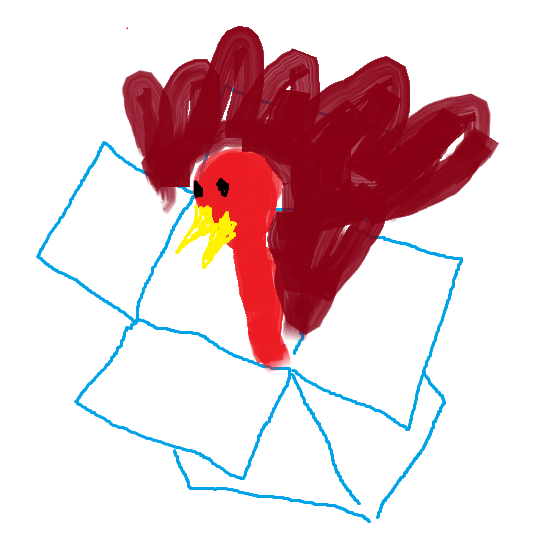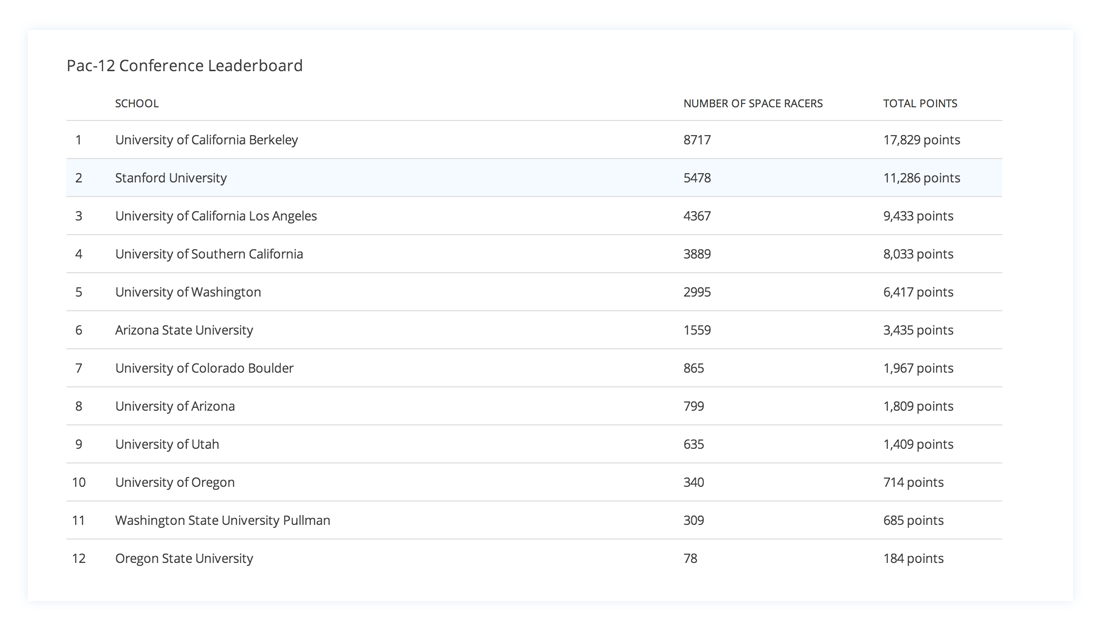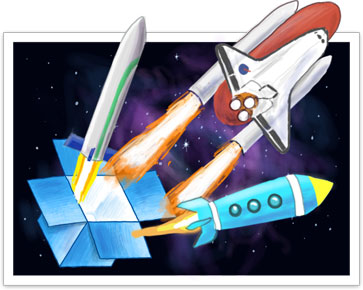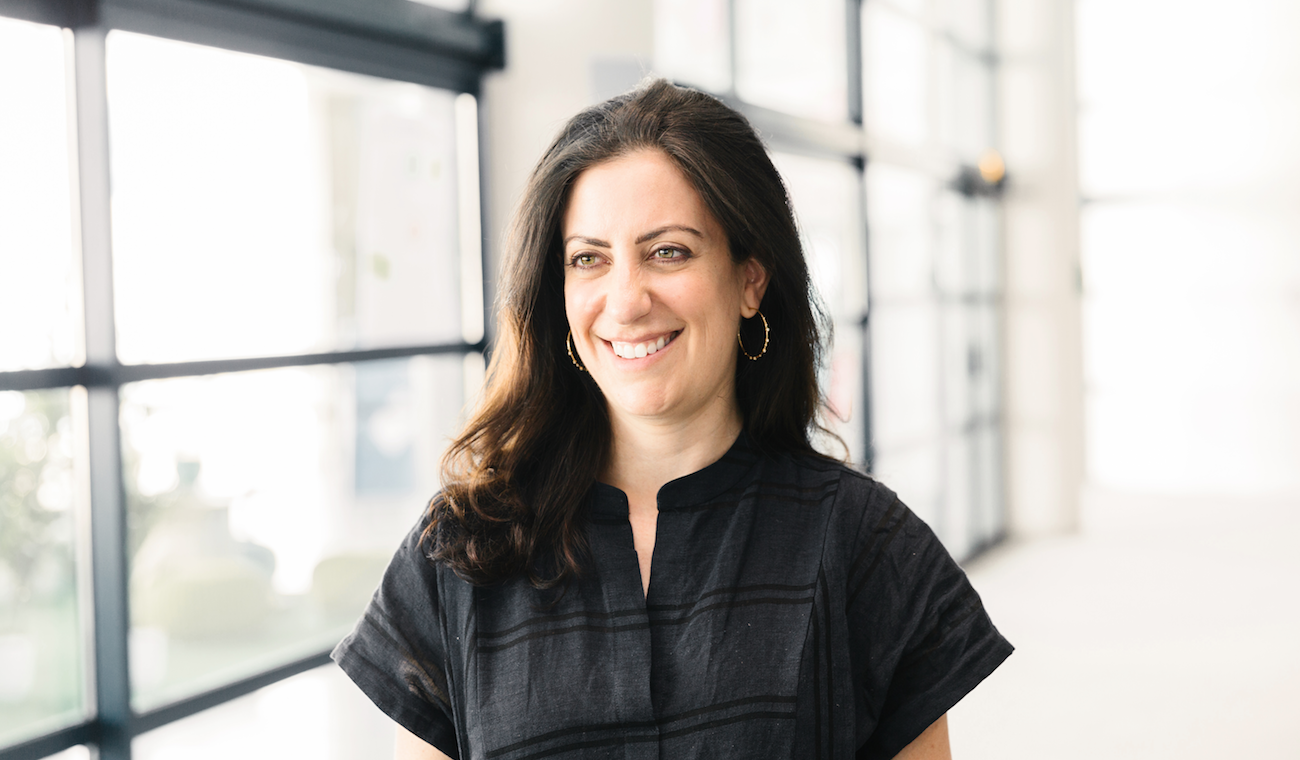
Q&A with Hallie Johnston: Late-night brainstormer, fearless creator
Published on September 11, 2017
Hallie Johnston is a morning person, but she gets her best creative ideas in the middle of the night. For the senior vice president at Refinery29—a lifestyle destination for the modern woman—paradoxes like these come standard. How do you make creativity a democratic exercise, while still maintaining checks and balances? How can young marketers try out new ideas without losing sight of the larger context?
We sat down with Hallie to answer these questions and find out how she approaches some of her job’s trickiest challenges.
When do you feel most creative?
I'm actually a morning person. I get a lot of my grounding in the morning. I do a lot of yoga and meditation and fitness in the morning. But I get my biggest bursts of creativity late at night.
So you're a morning person, and yet, you’re most creative at night?
Like a lot of people who work in advertising and media, my days are so compressed with meetings, and a lot of the actual workday can be a creativity killer. So when I have a little bit of space to breathe and think and process all the information I took in during the day, sometimes I get a little bit more of a creative breakthrough later at night—when I've had a chance to relax and unwind.
Sounds like all that work about work can actually stifle creativity. So how do you fuel your creative energy then, particularly in such a busy, hectic life?
For me, there can be so much information overload. Living in New York City, and being surrounded by so much culture and diverse voices really inspires me on the daily. It's so easy to start comparing yourself or your brand, or whatever you're working on, to what everyone else is doing. And then you think, "I'm not doing something right." But I think if you can really leverage your environment and get out of your comfort zone a little bit, you can start fueling new ideas.
I think you have to be really fearless. You have to commit to failing, and that can be very scary. And I think you have to know that if you believe in your idea, then you can see it through.
How do you kind of get yourself out of your comfort zone?
I get out of my comfort zone is by traveling. I used to live in London, and I had a job that allowed me to travel a lot. A lot of times, working in media and advertising, you're cloistered between client meetings or traveling to conferences. So, traveling and taking in new cultures, understanding new ways of living and working, is a great creative source of inspiration for me.
Tell us about creativity at Refinery29: How does it work for your team?
We have a very democratic, creative system. Having come from the agency world, I think a lot of advertising agencies can be very hierarchical, where ideas have to get approved and you have to take ideas up the chain to get things in motion. And at Refinery—because we're championing young women and diverse voices—we really empower everyone on our team, so it's not hierarchical. Great ideas can come from anywhere. And actually, we expect a lot of ideation to come from all levels of the organization.
For example, we created a lot of really powerful imagery for the Women's March, for women to use globally, to be able to download and take to the march: like posters from our in-house designers. Now, their images are being seen around the world. And that's how I think creativity can move, when you make it more democratic. Especially if you're working on a brand that needs consistency, I think having checks and balances to make sure that you are staying on brief or you're staying on task is critical, because I think a lot of creatives can fall in love with their idea so much that they're not seeing the larger context. So, I think being able to help nurture and guide and poke holes in ideation is also a core part of helping everyone grow together.
What does it take to bring big bright ideas to life?
I think you have to be really fearless. You have to commit to failing, and that can be very scary. And I think you have to know that if you believe in your idea, then you can see it through. The ability to commit to execution, because I think a lot of times people are like, "Oh, it's all about the big idea." The idea won't come to life if it's not executed brilliantly. So [it’s also important] to make sure you have the strong support from tactical teams who are the experts in their craft and the experts in their social media platforms—or the experts in whatever form you're working in.
What's one of your proudest creative accomplishments at Refinery?
I can't take any credit for it, but I think there are two things that we're really proud of. We partnered with Getty Images to bring to life a new Body Positivity collection. We saw the insight that 67% of women in the United States are plus size, and only 4% of images shown in media advertising are depicting women of plus size.
So we partnered with them to create a No Apologies collection, where we created a new image bank of plus size women doing all things that women do, from exercising, to hanging out with their friends, to going to gym. We want to show those diverse body types in media and imagery. So, for us, that was a really proud moment. It was actually recognized by Fast Company in its World Changing Ideas Awards.
That's awesome. You mentioned two.
Our chief content officer, Amy Emmerich, she comes from the world of TV, and she just saw how in Hollywood there were so little female filmmakers out there—and yet, women are the ones who are going to the movies and consuming more entertainment than men. So, she had a kernel of an idea and she brought it to life. It’s called ‘ ShatterBox', and it was basically a film anthology collection of 12 films, all produced and directed by women. It became a huge success. We won at Sundance this year for our first short film, and now we're partnering with Turner to take it to life on TV. That was about being fearless and having an idea and executing it brilliantly. And we learned a lot of things: we made some mistakes and we're learning from it and we're growing it, and it's exciting to see how something that's someone's passion can really take shape and spread.
When you think about young creators in the next generation, what's your advice for them?
I think it's about being humble. There's so much to learn right now about the confluence of media and data and advertising and social platforms. There's so much to be an expert on—the media landscape is constantly changing. I think if you can be humble and use your knowledge as a digital-first young creative, if you can teach other people and not be arrogant about it, then you can help expand the creativity of an older generation, and also to help clients who are less digitally native. You will be seen as a strong resource internally and can really become the expert within your organization.



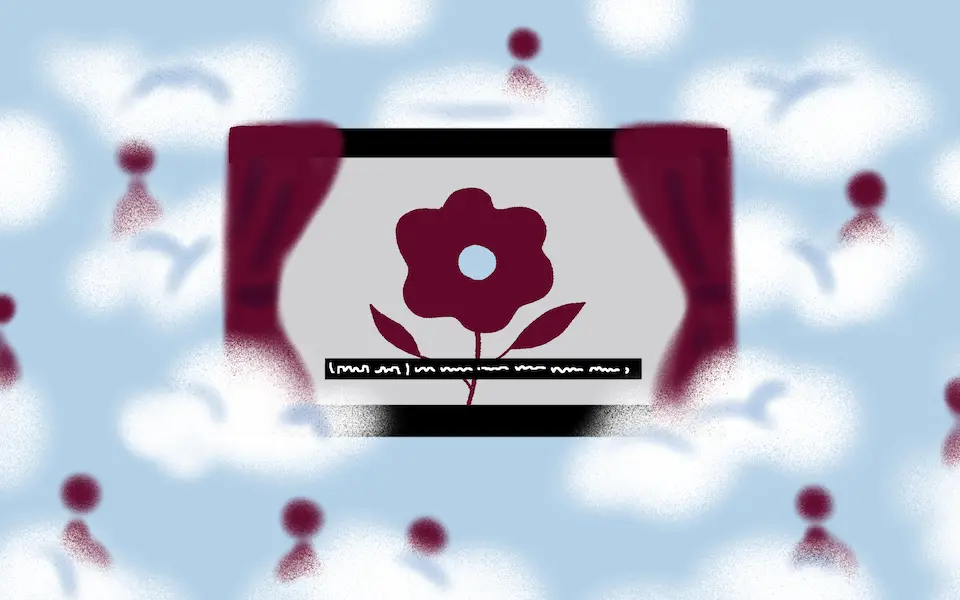
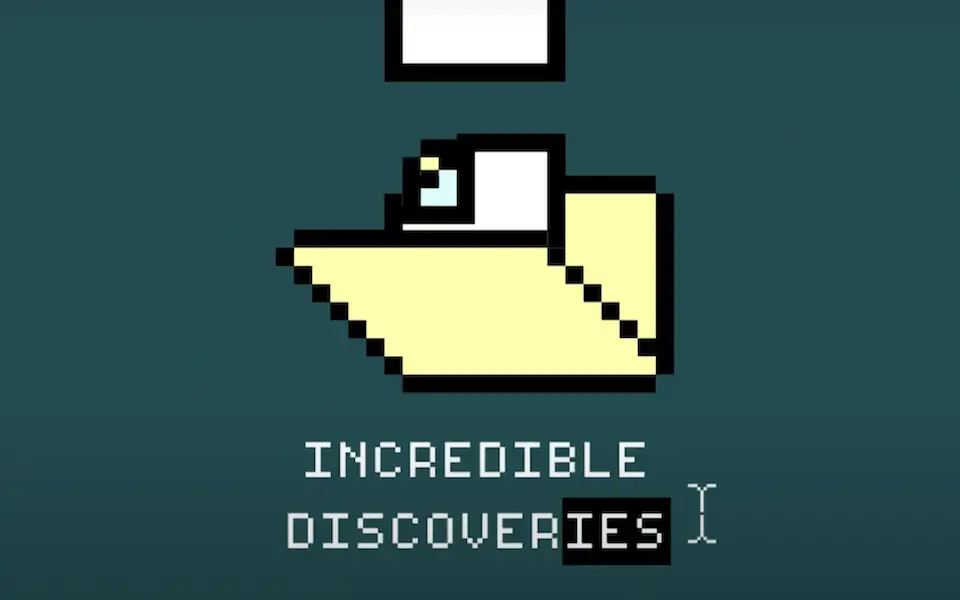
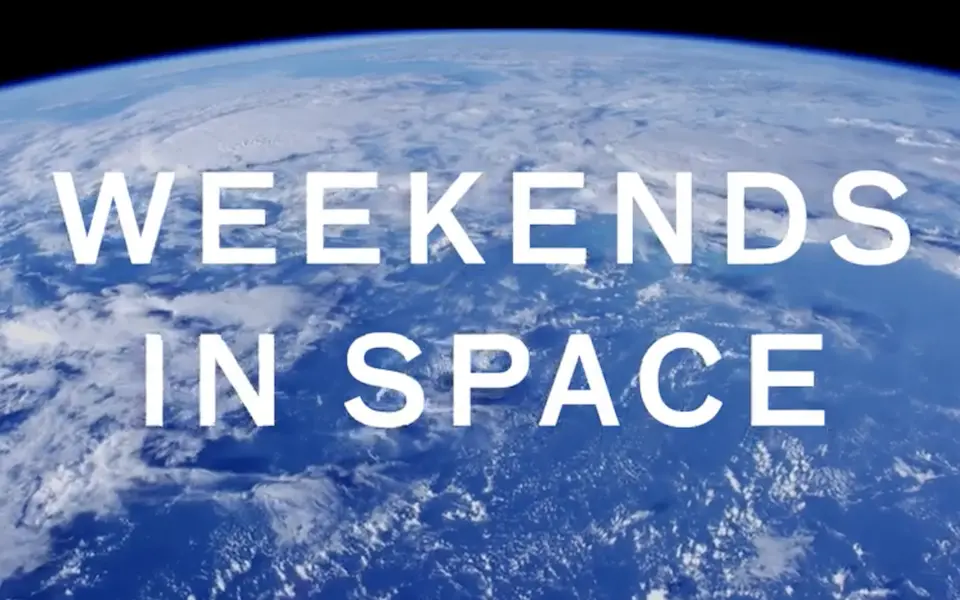
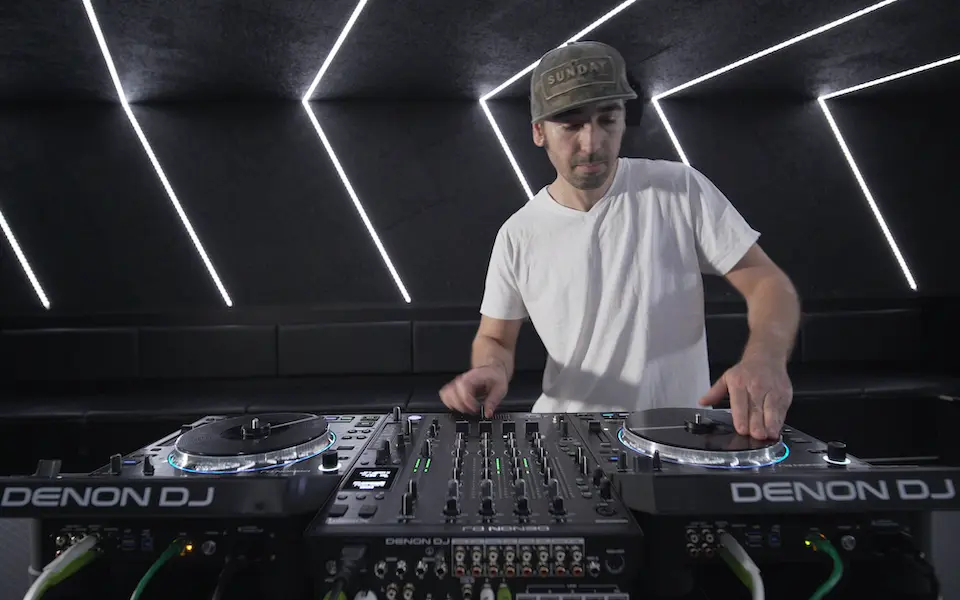
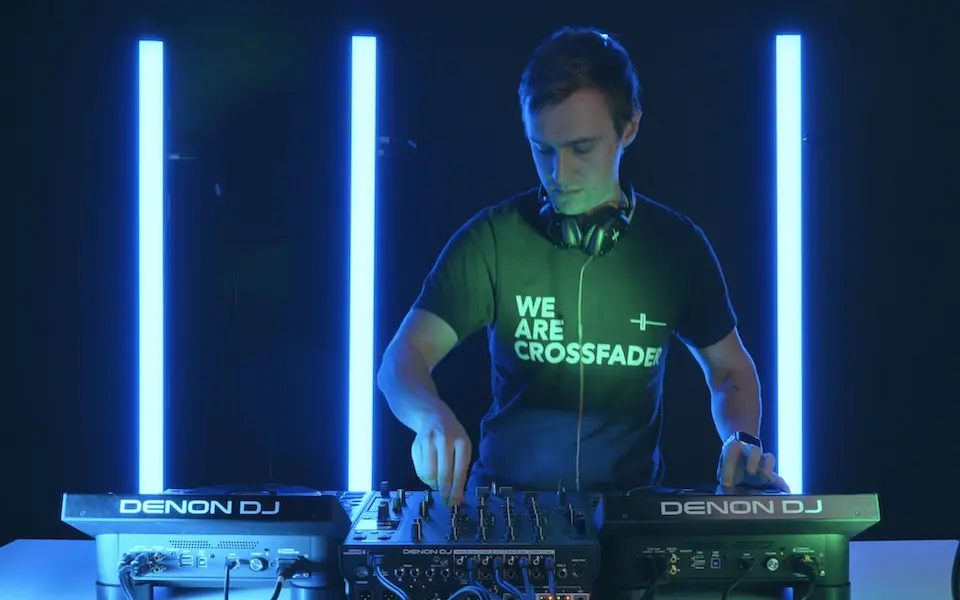

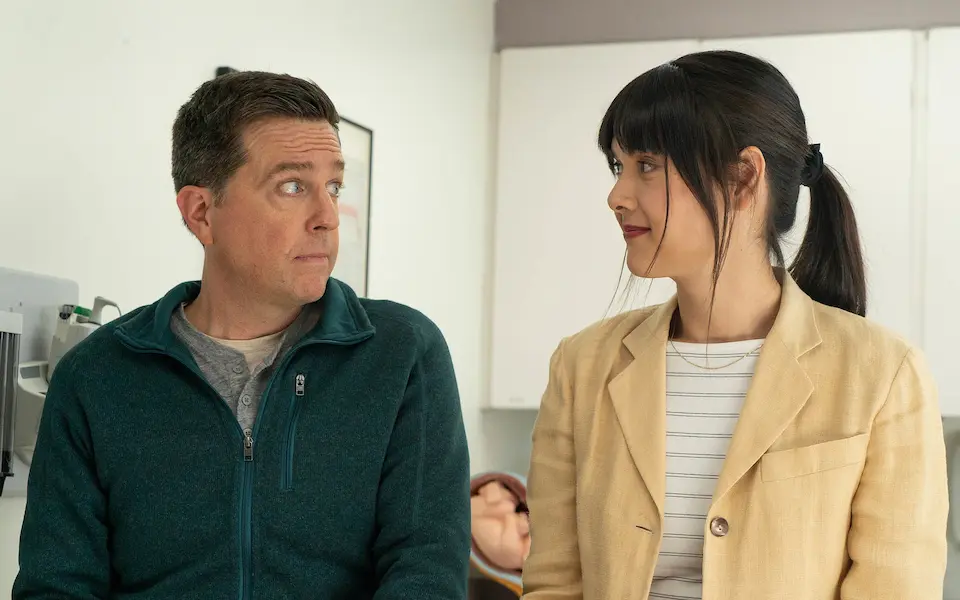

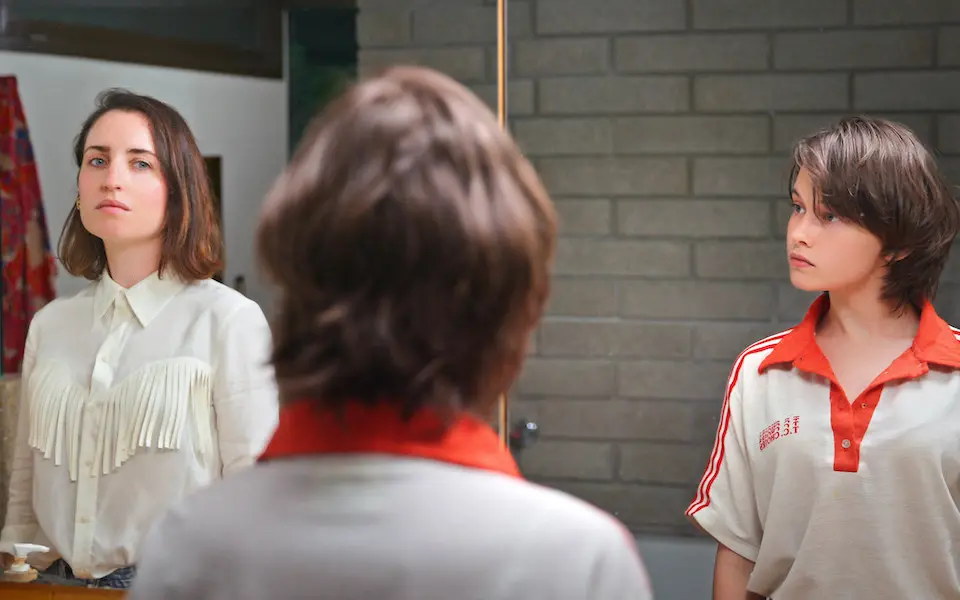
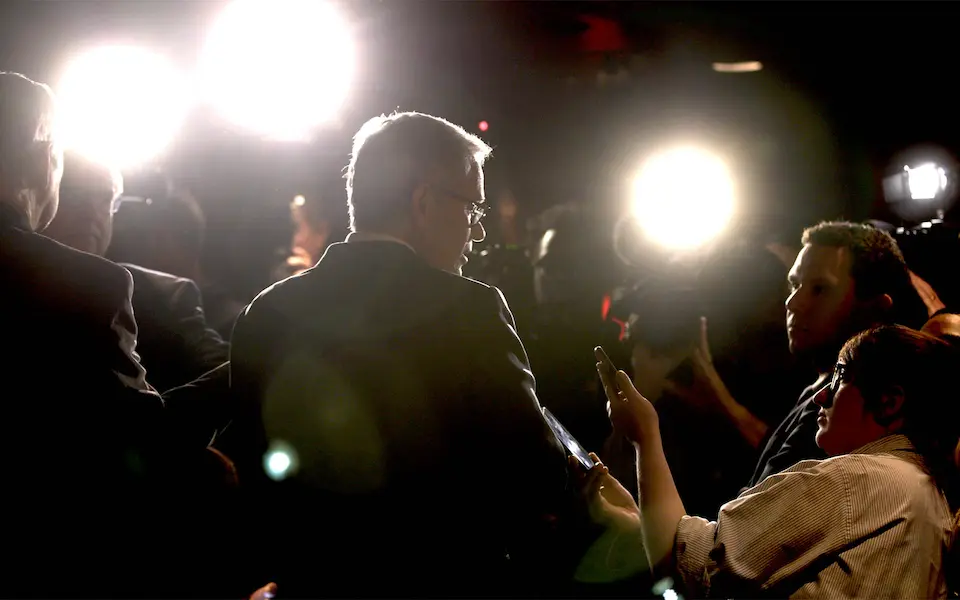
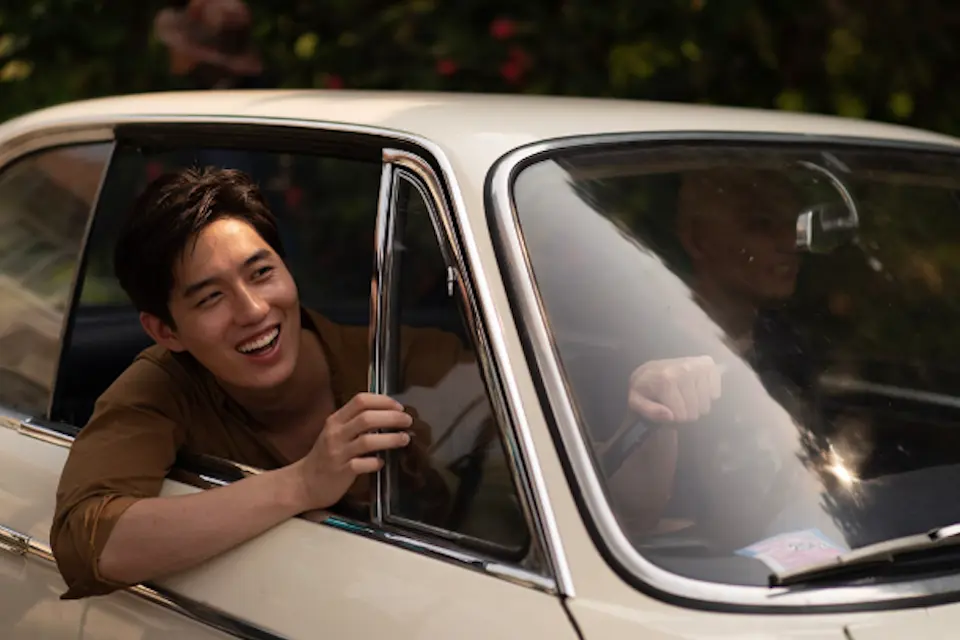
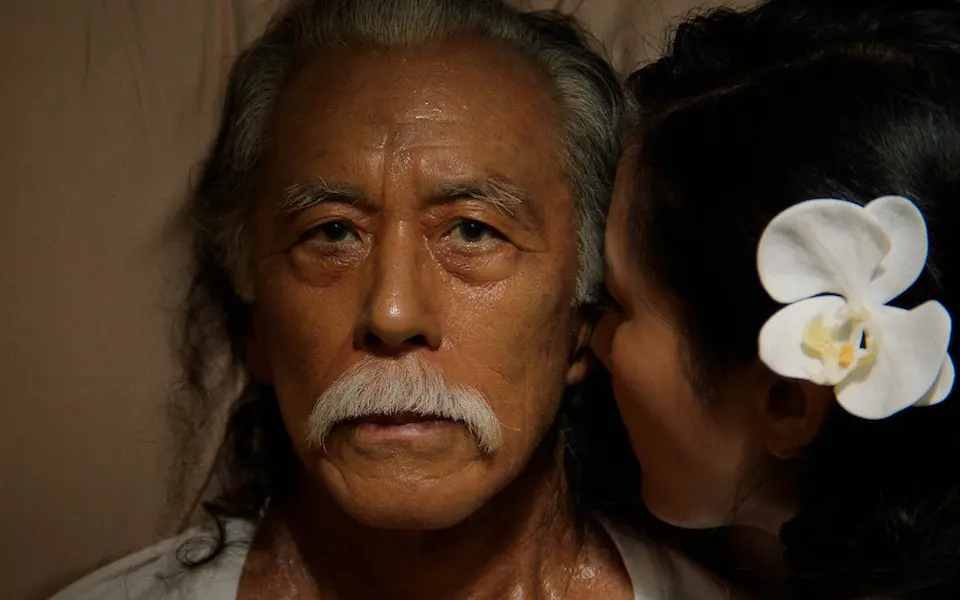
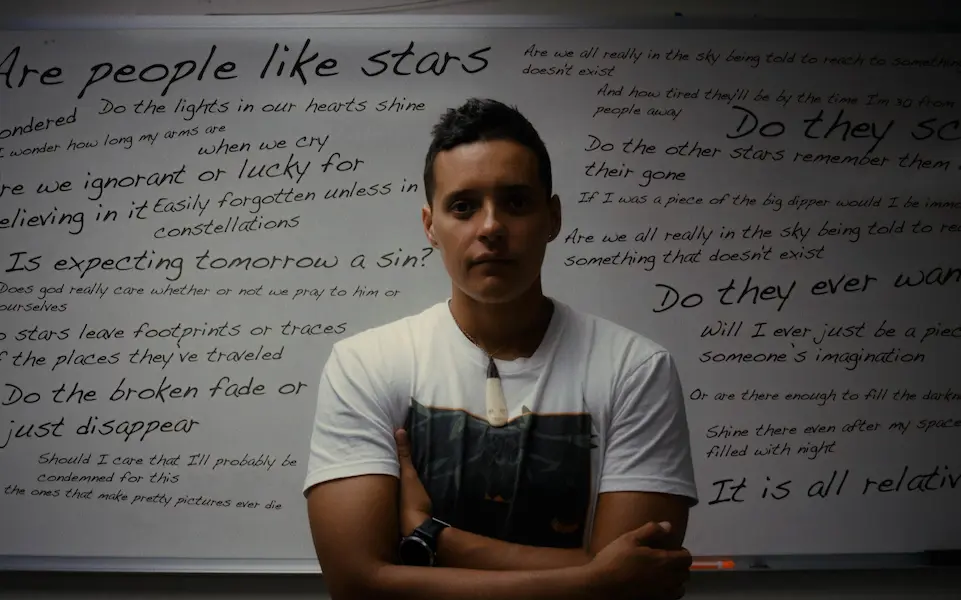
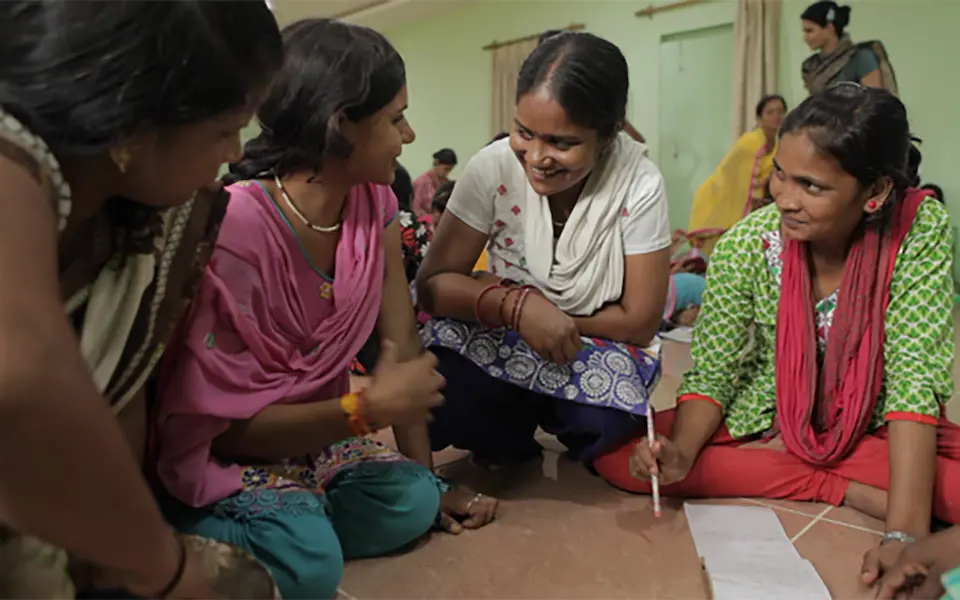
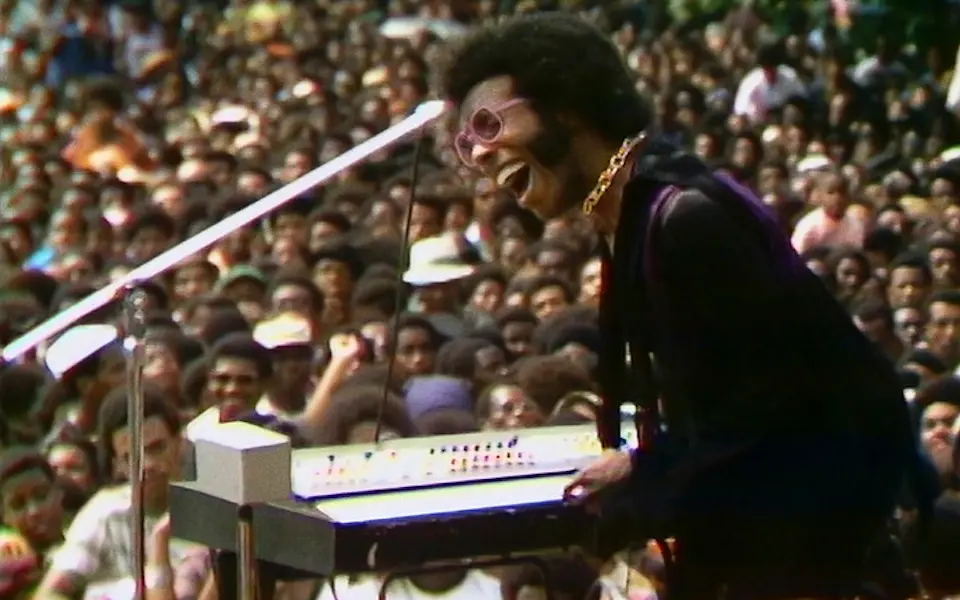
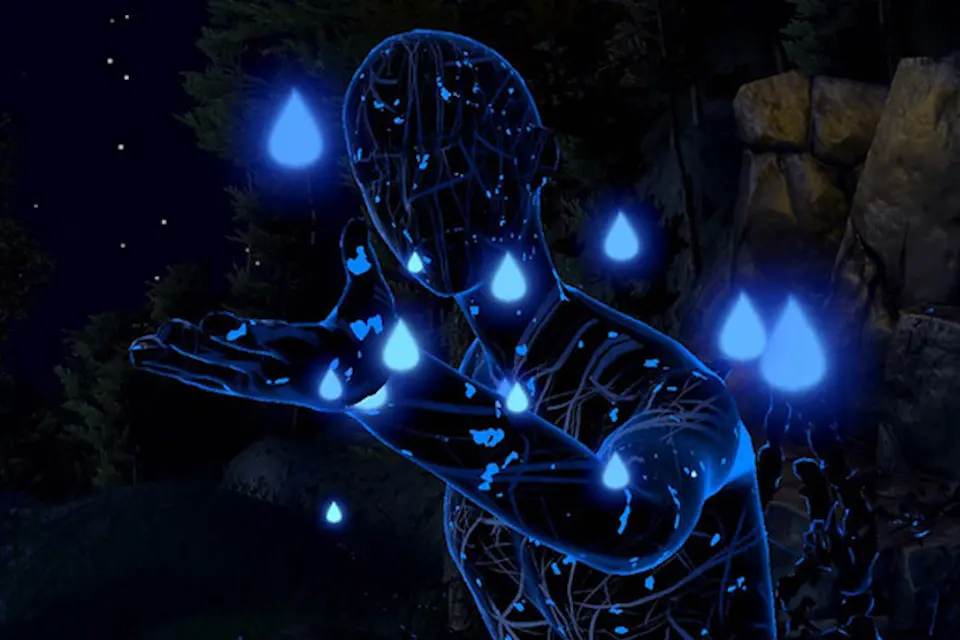
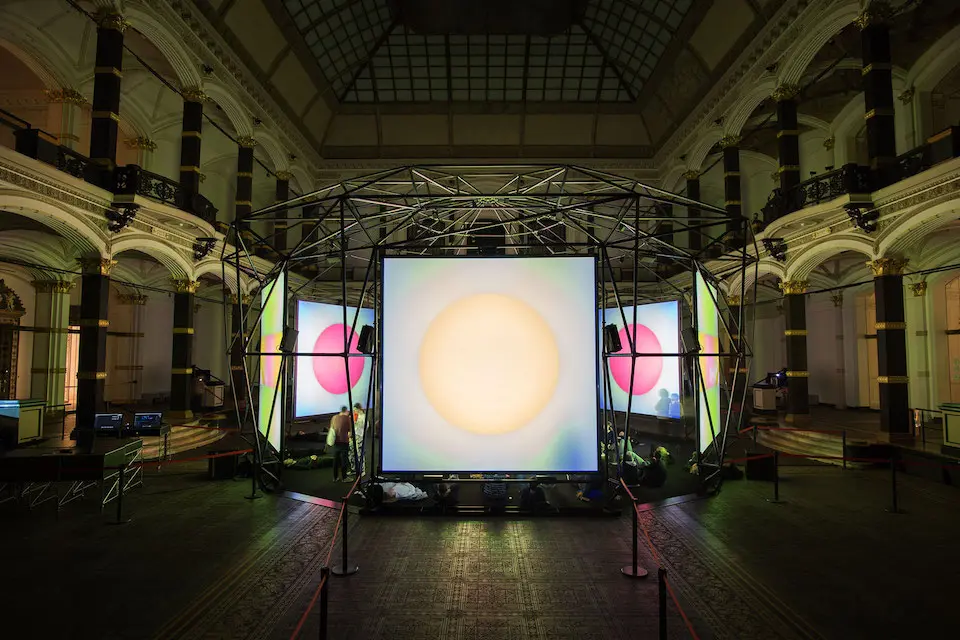

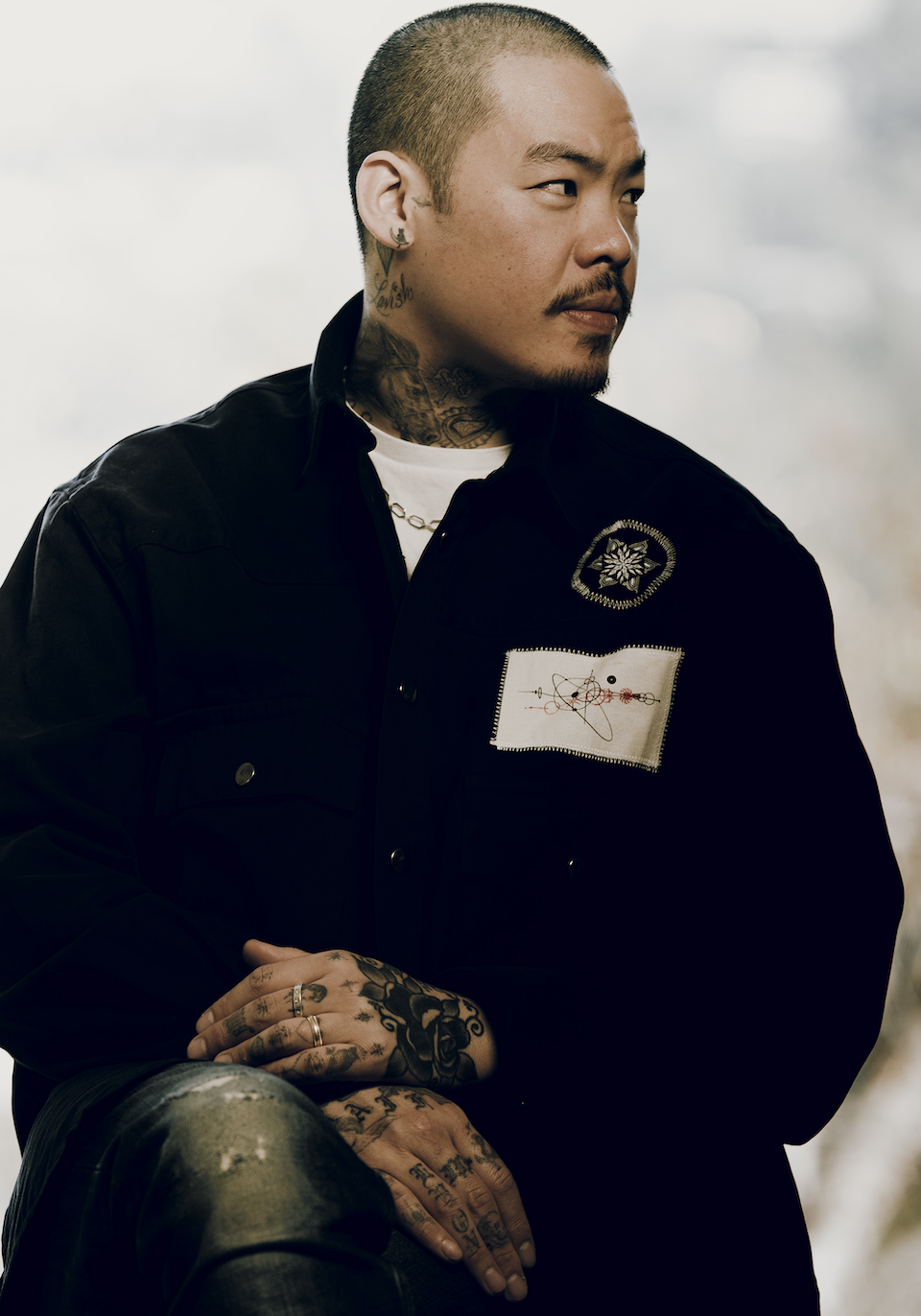
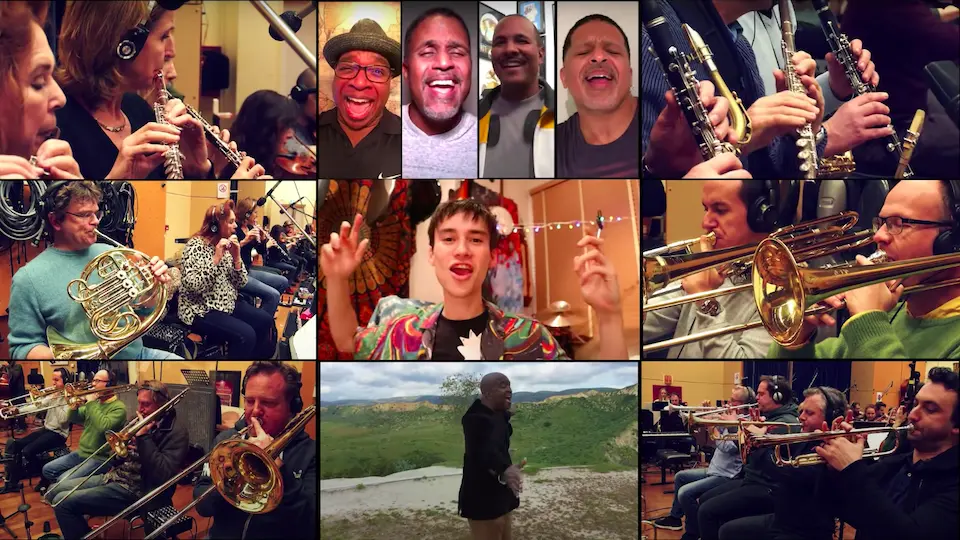

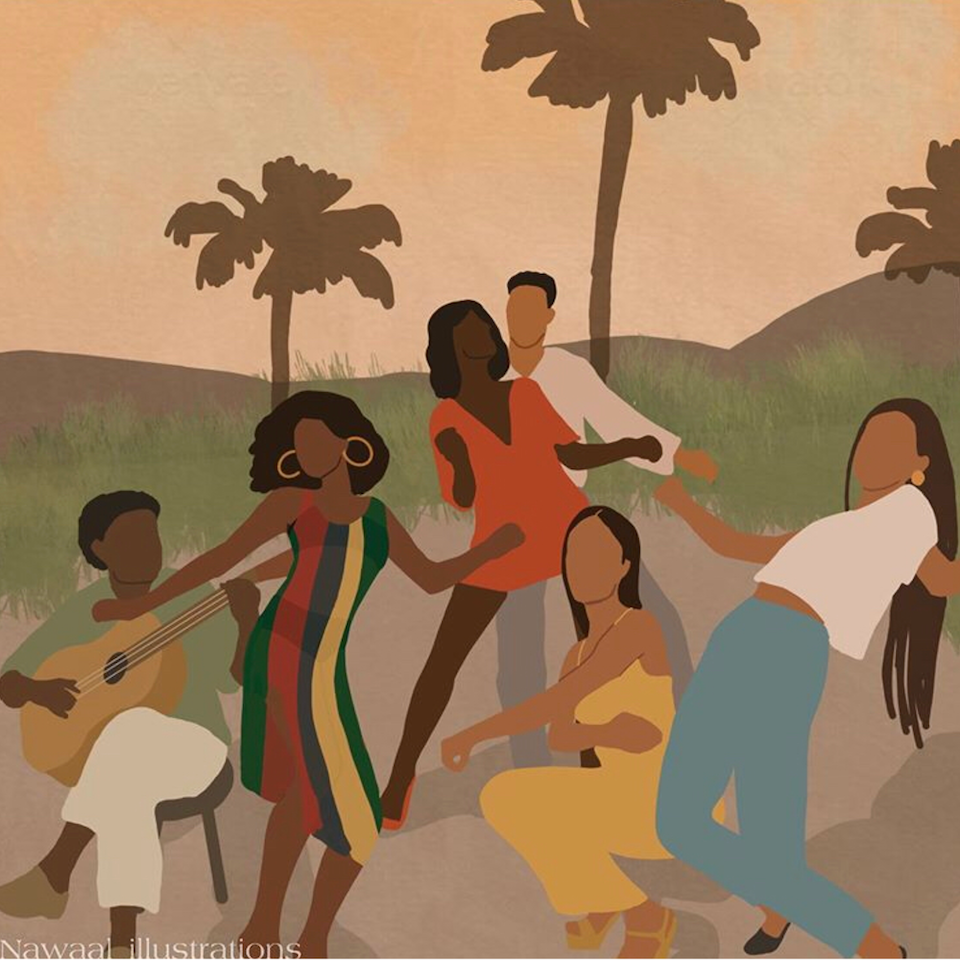


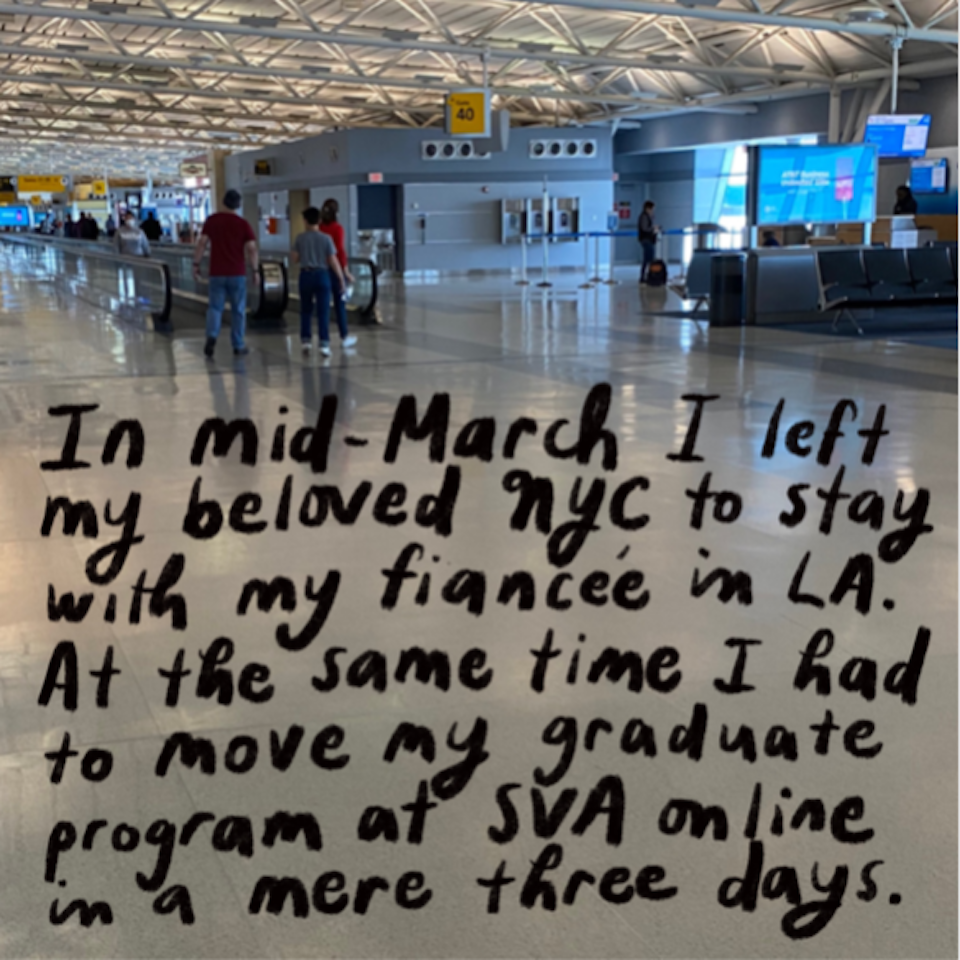
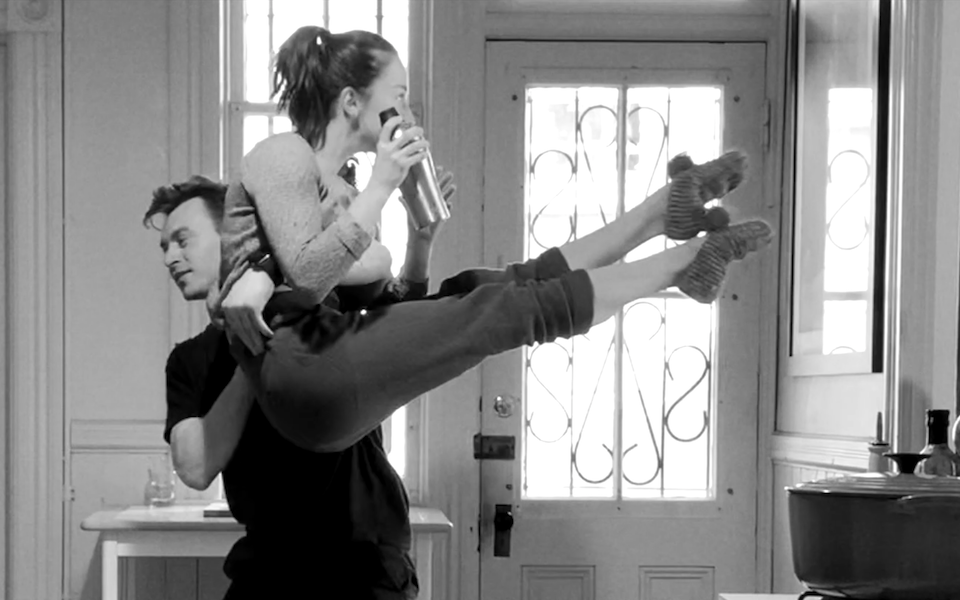
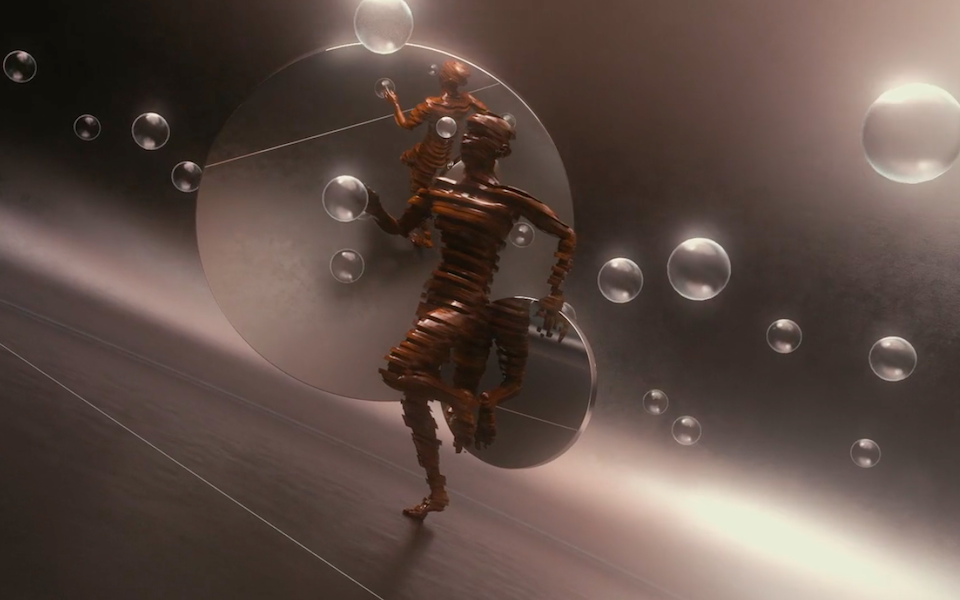
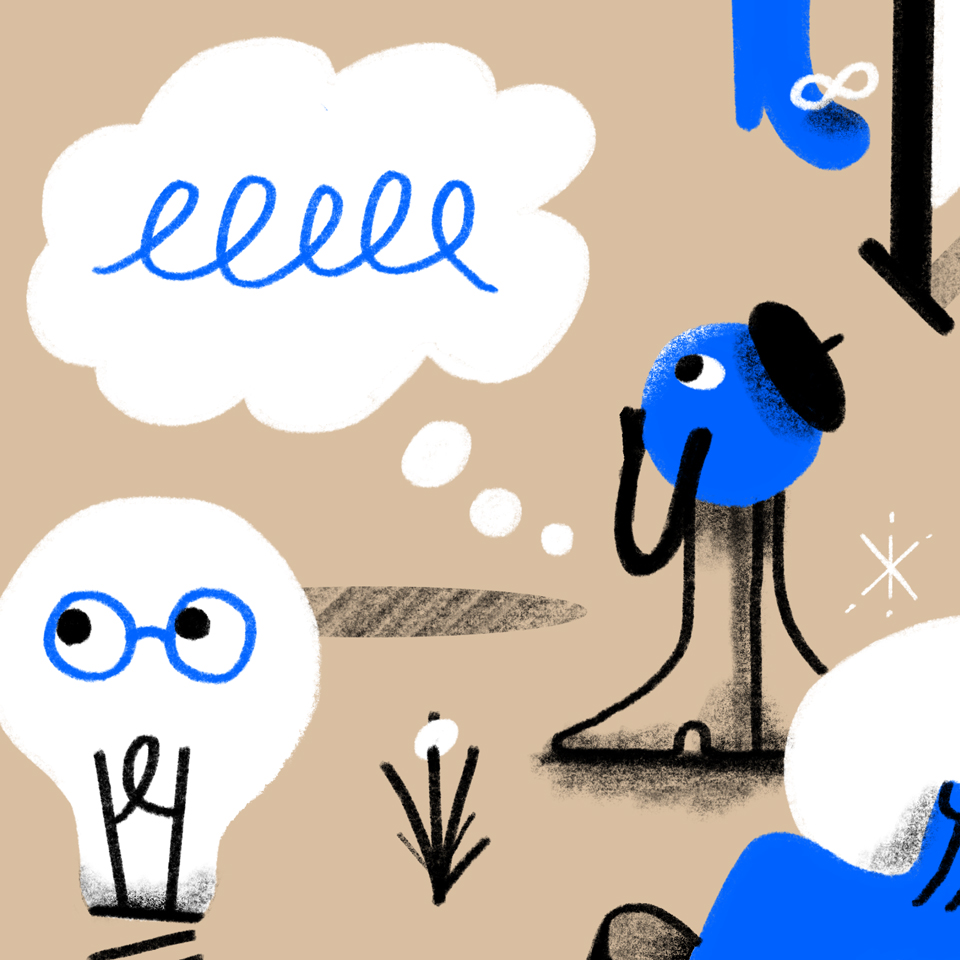
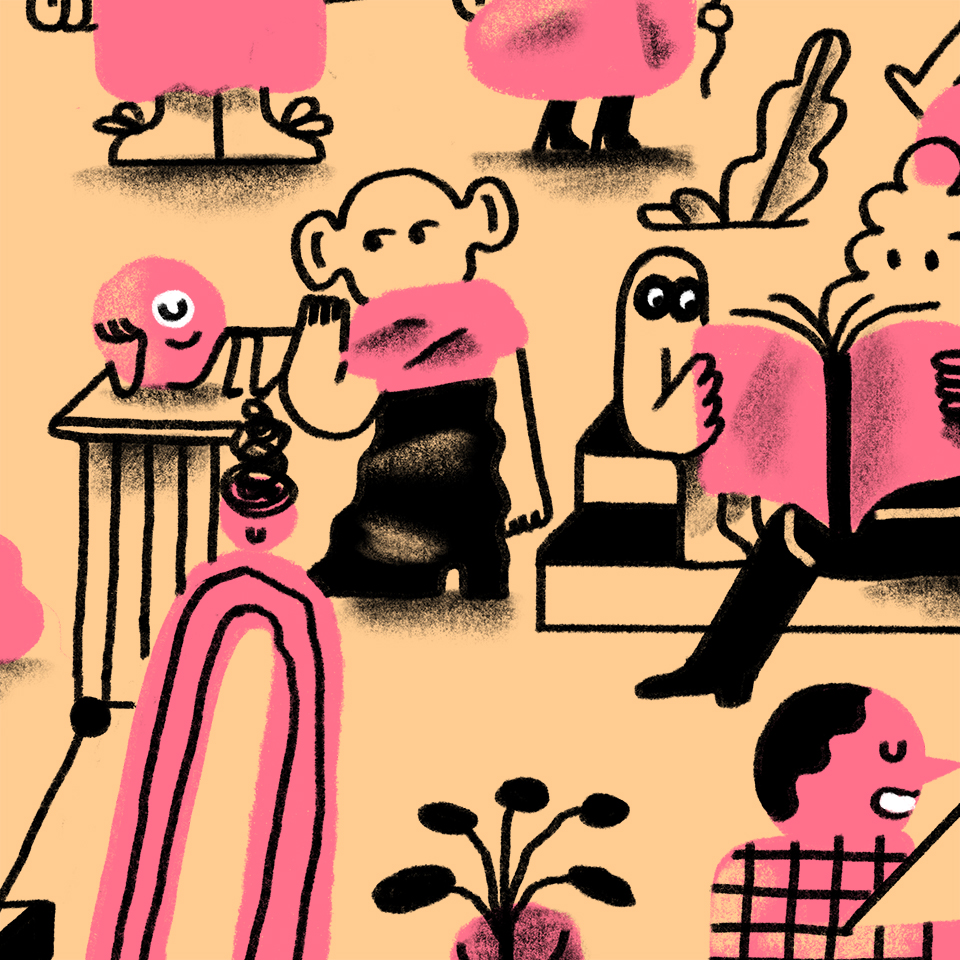
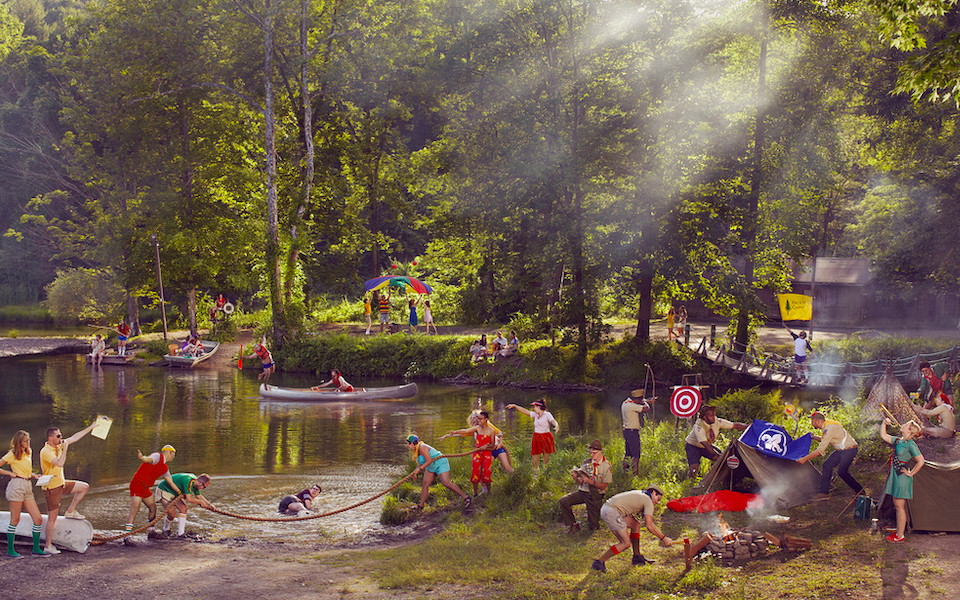

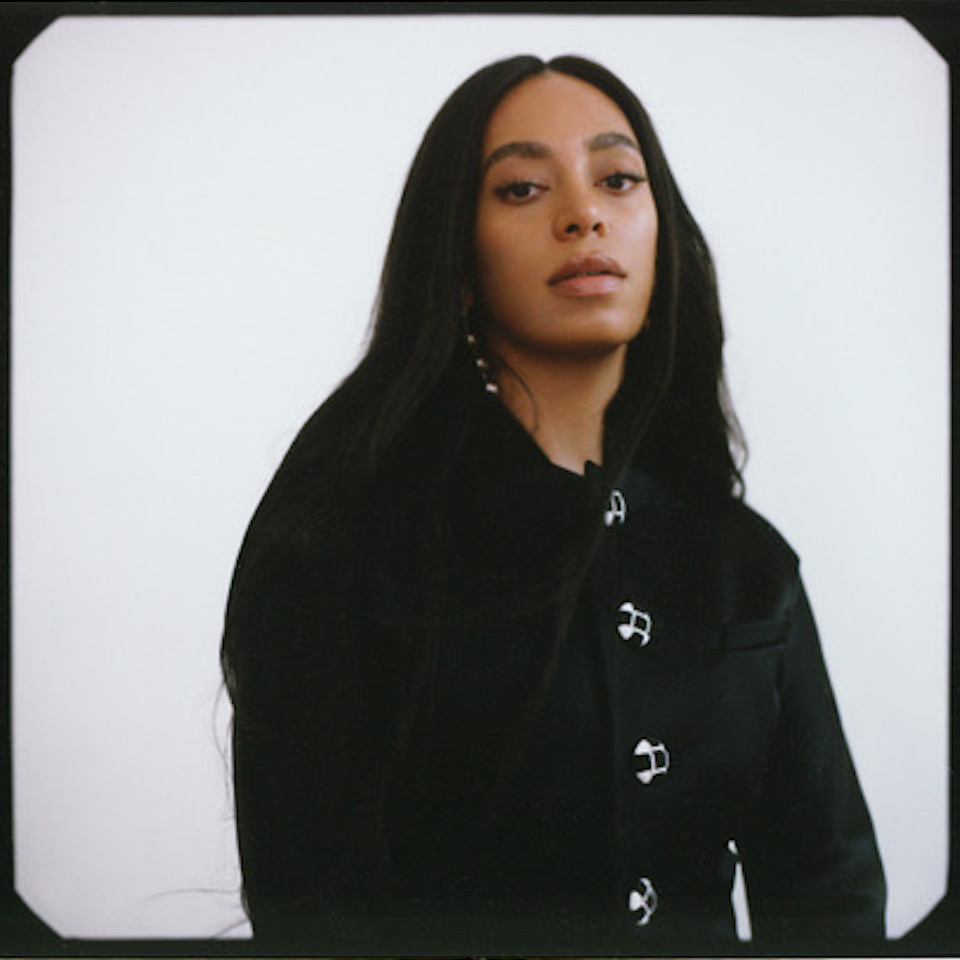

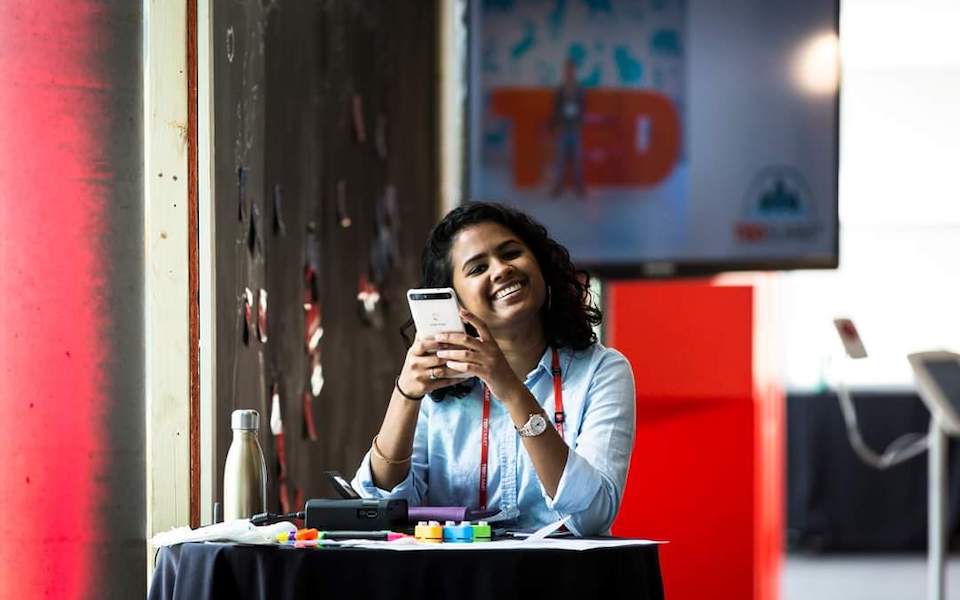
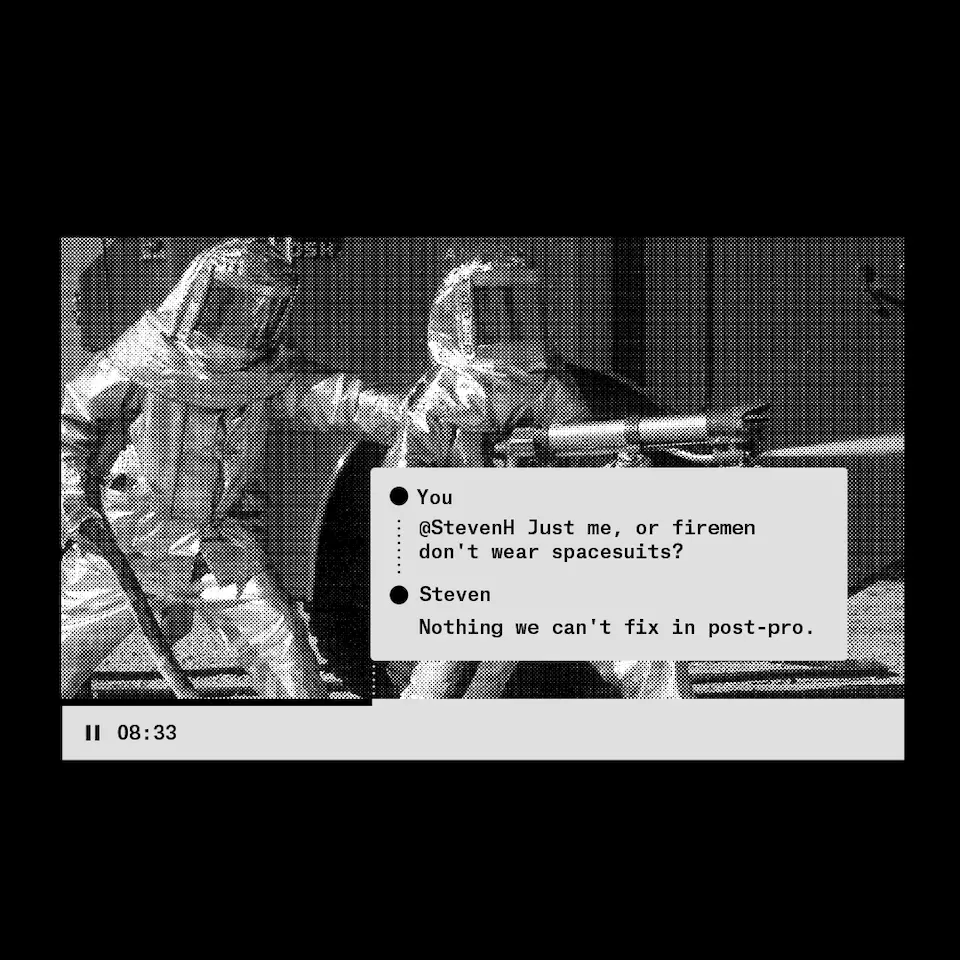
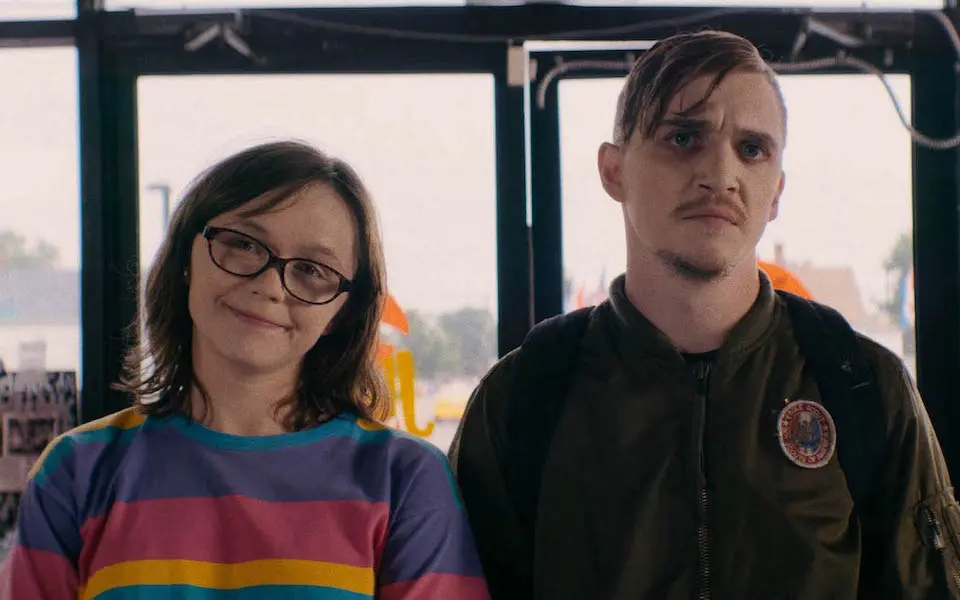
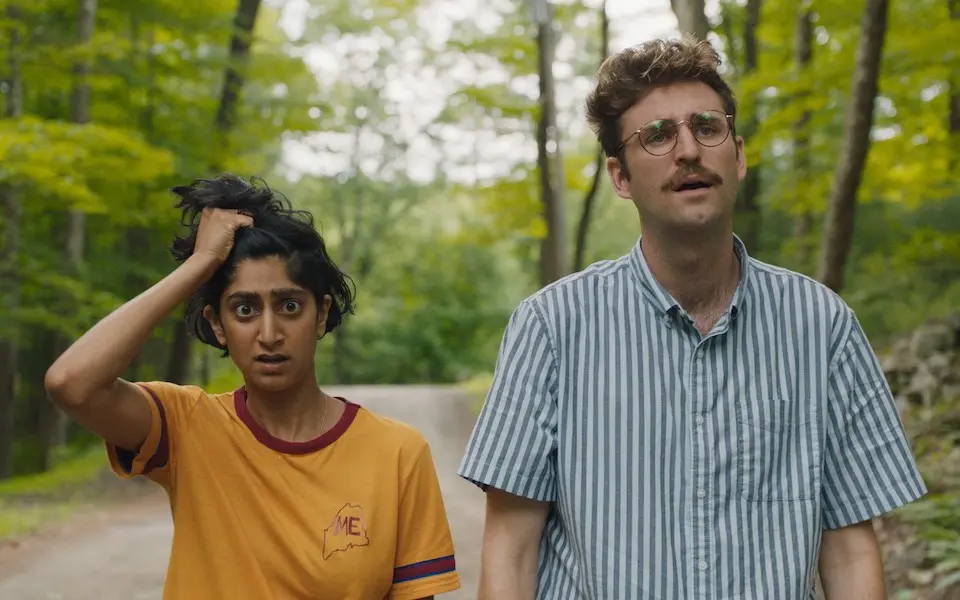
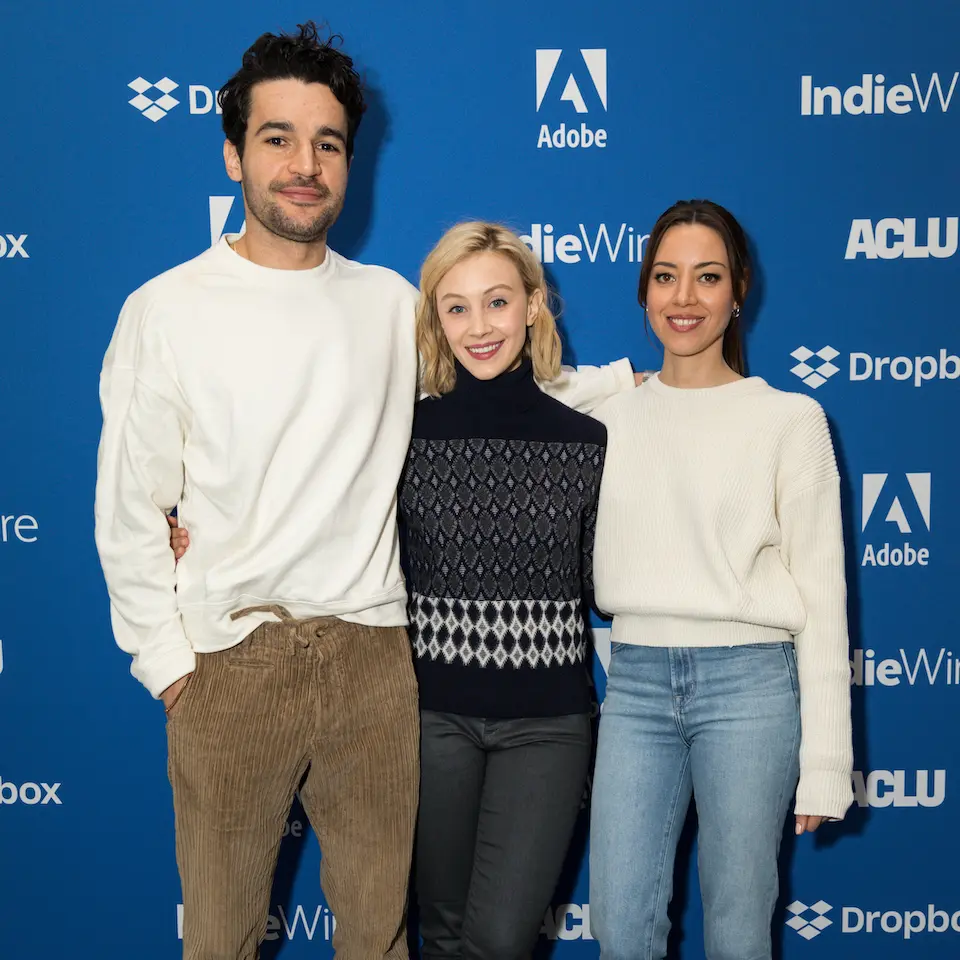
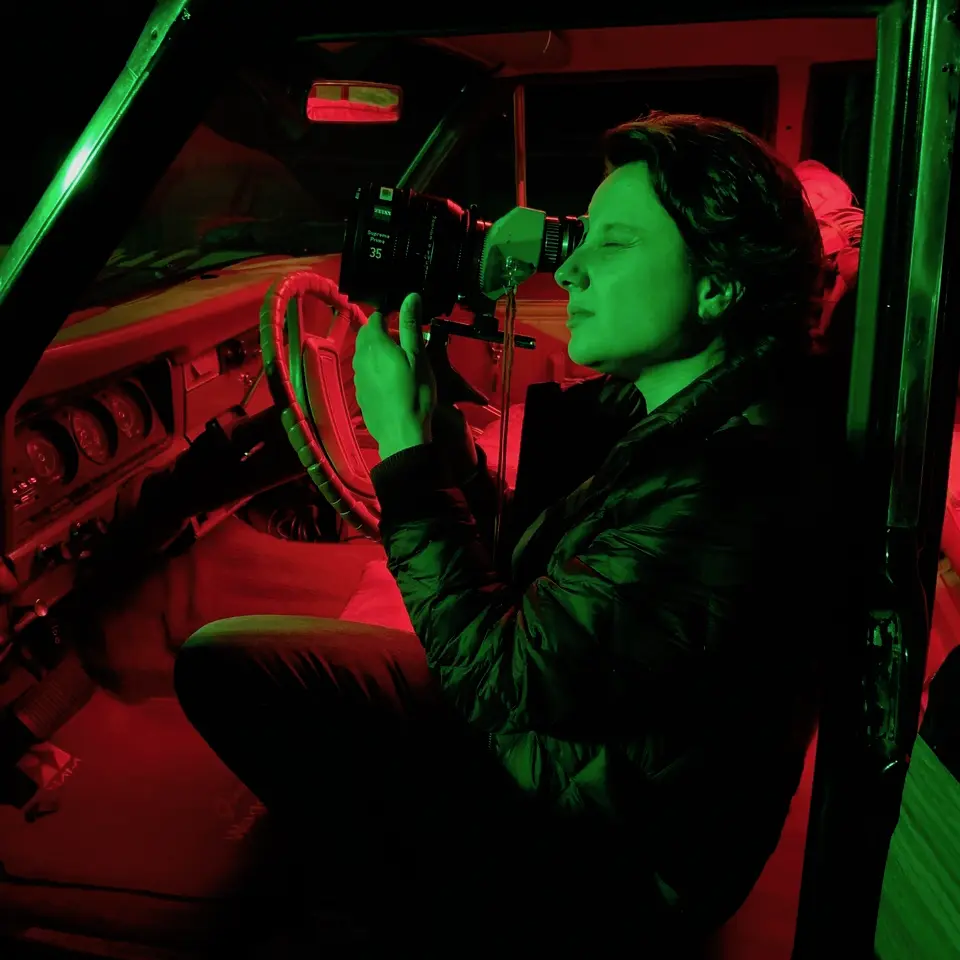
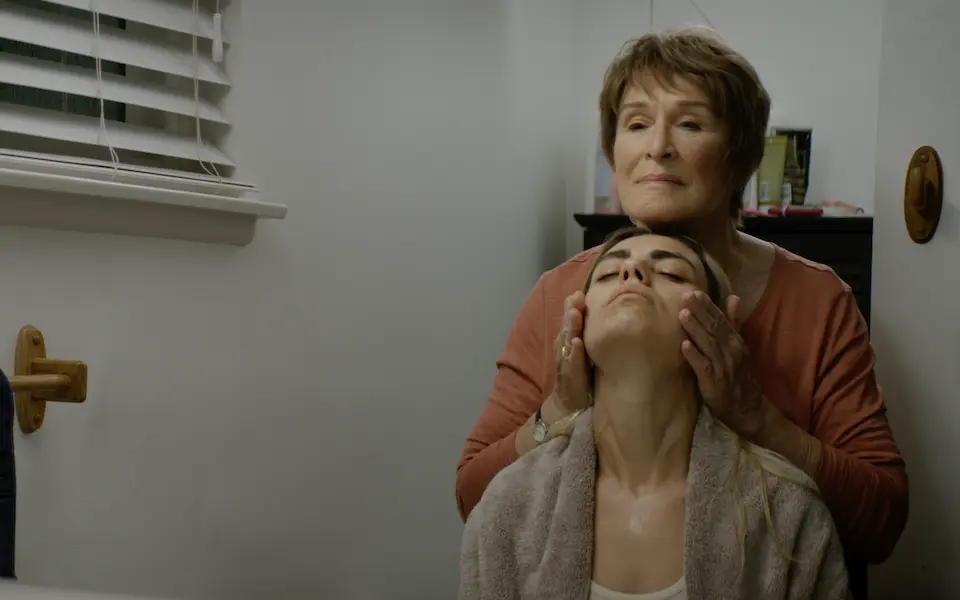
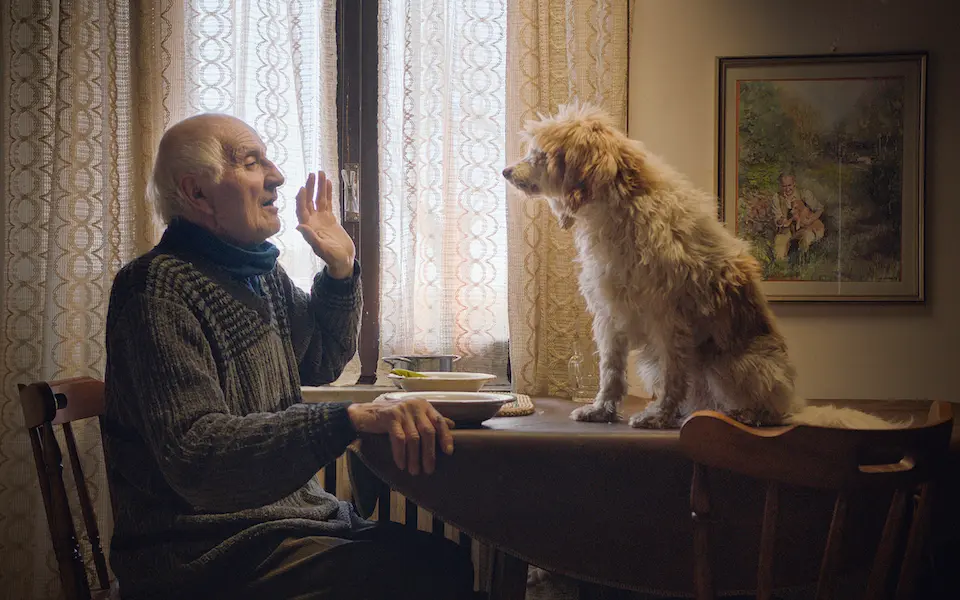
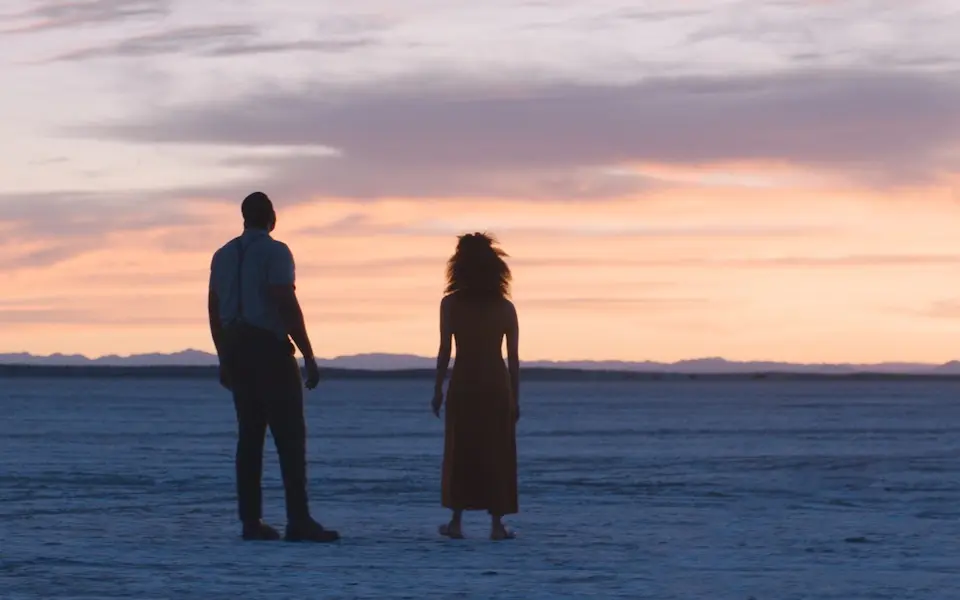
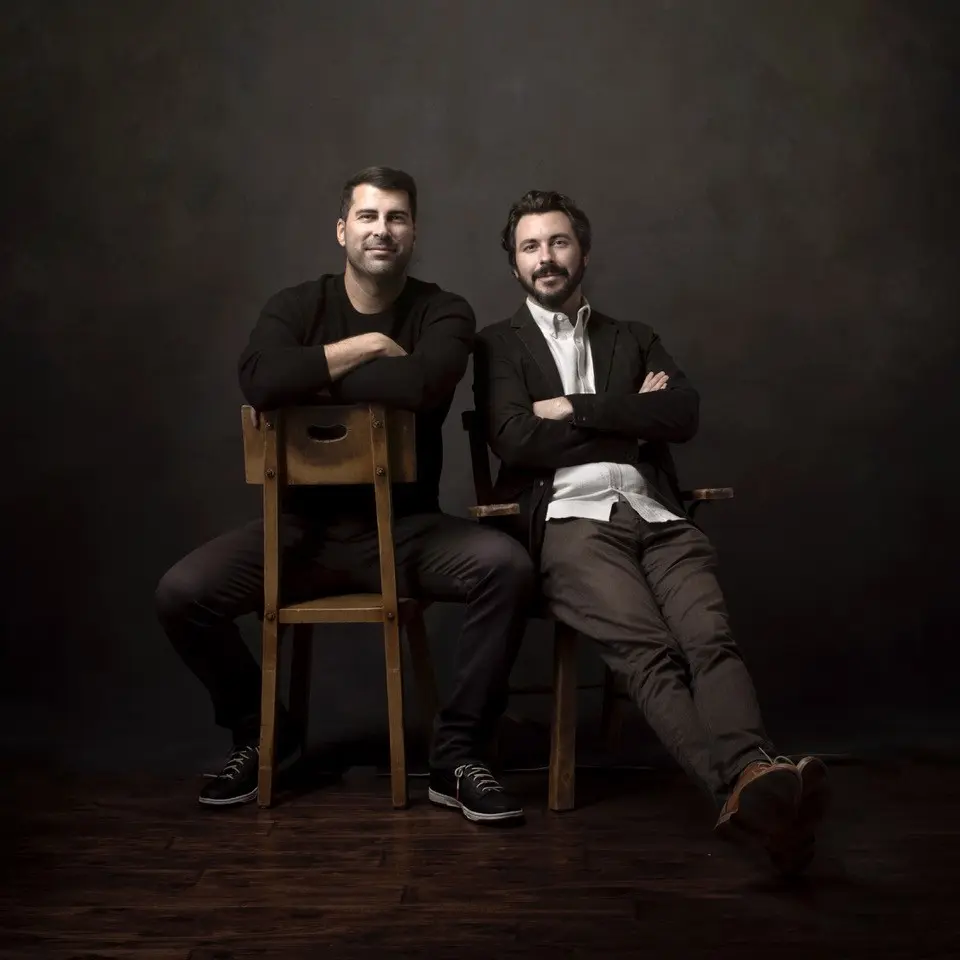


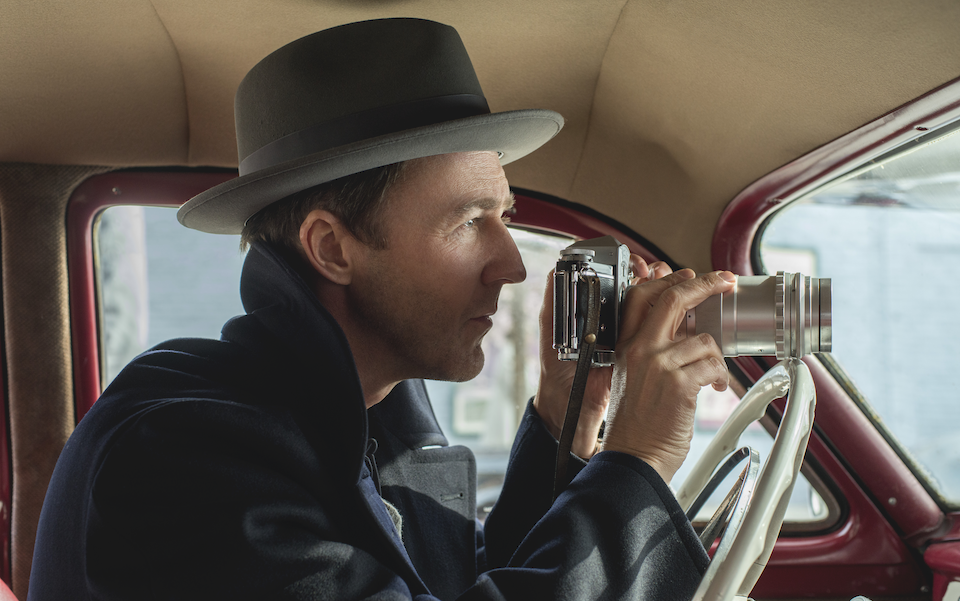
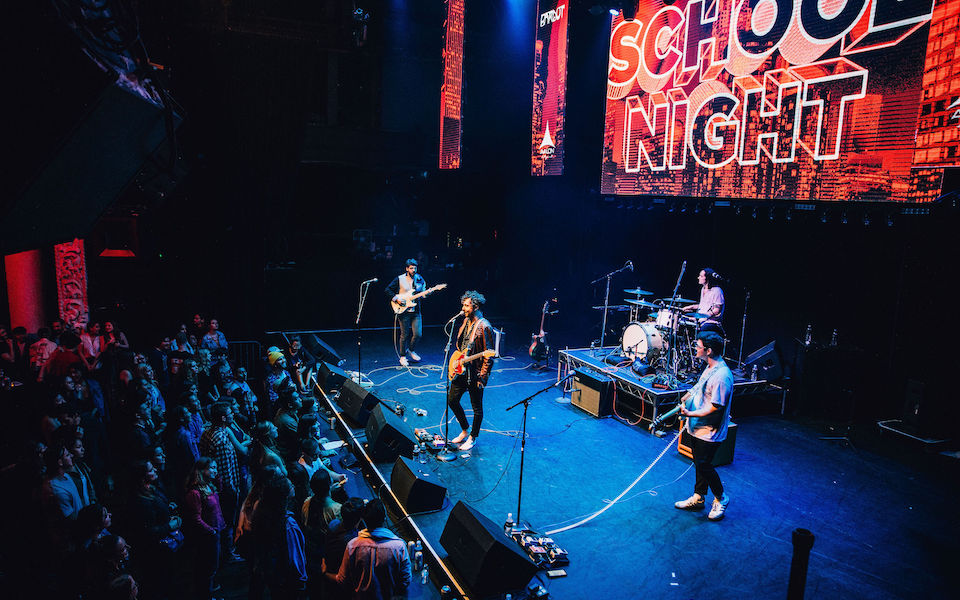
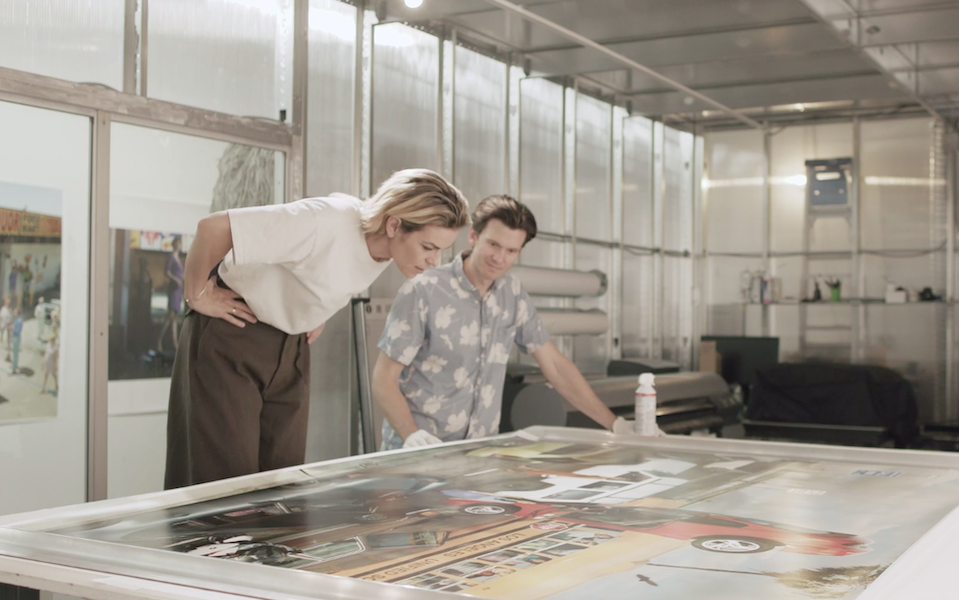





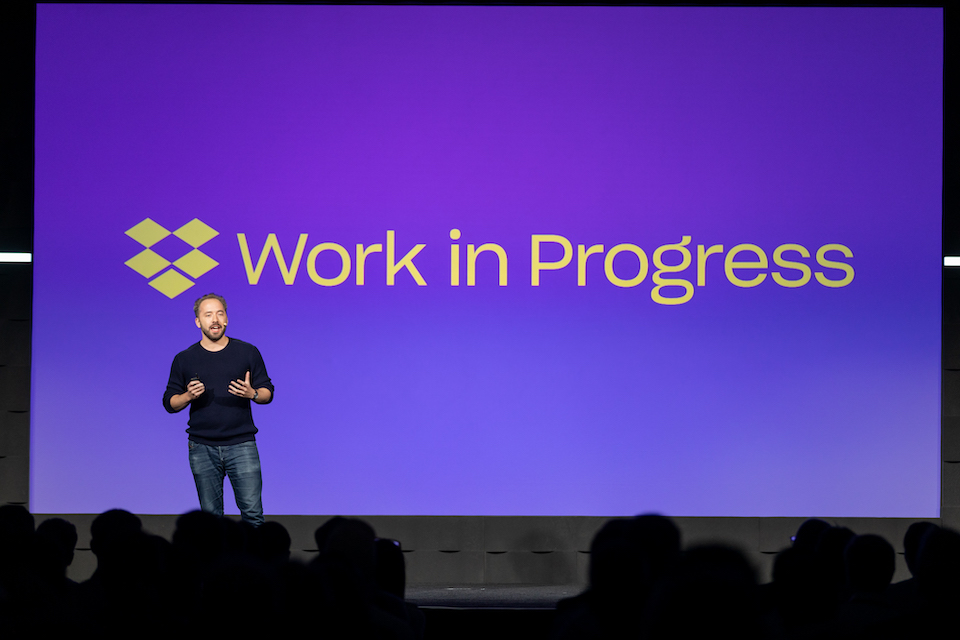



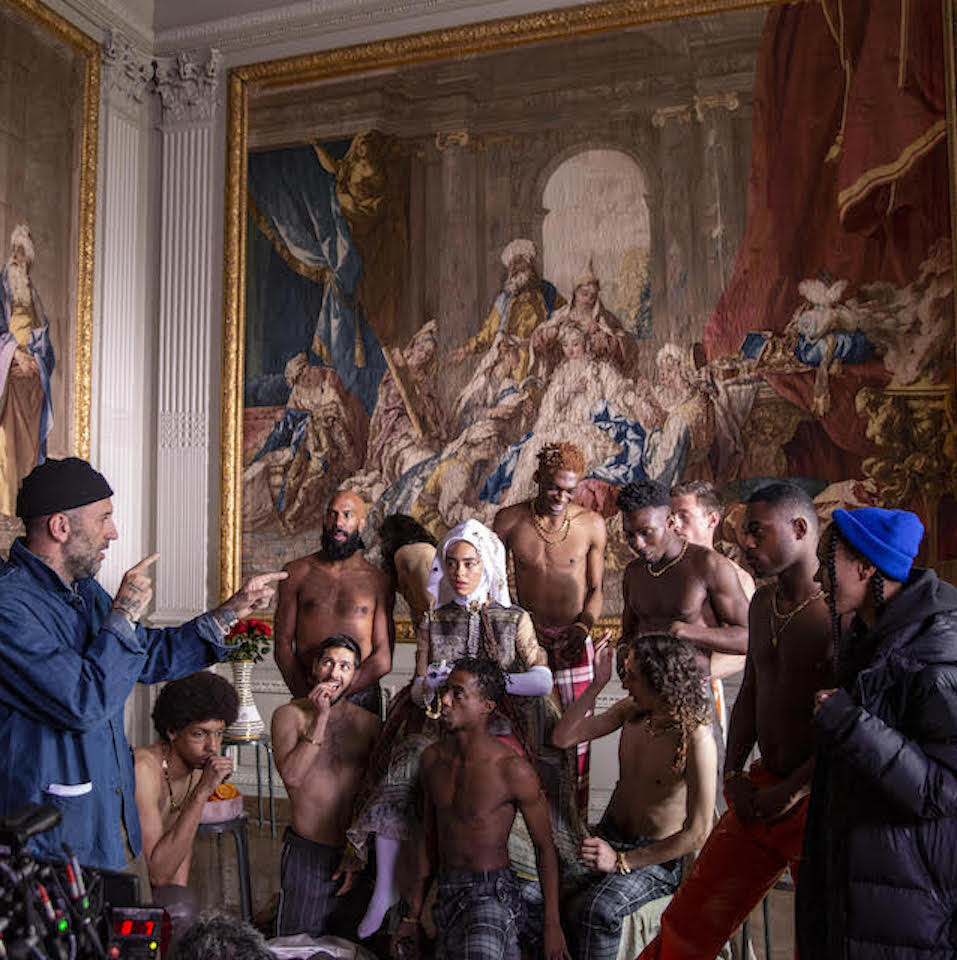

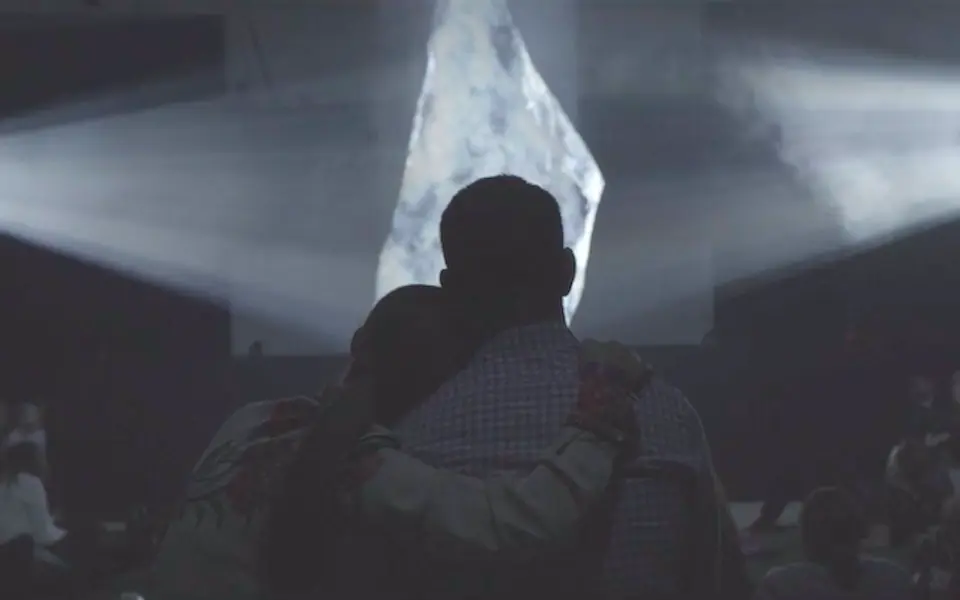
.png/_jcr_content/renditions/Karen%20O%20%2B%20Danger%20Mouse%20(photo%20by%20Eliot%20Lee%20Hazel).webp)


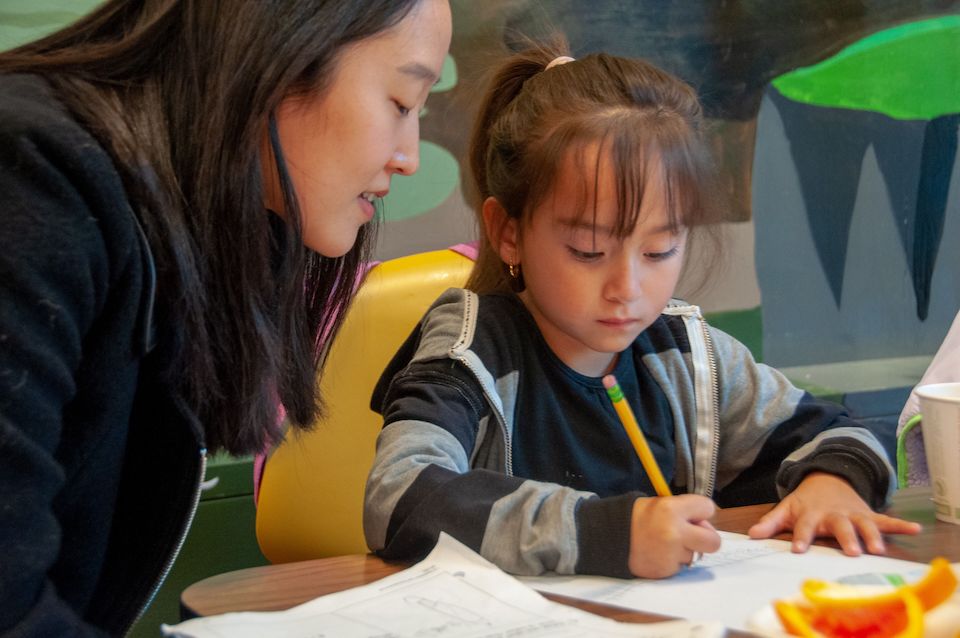

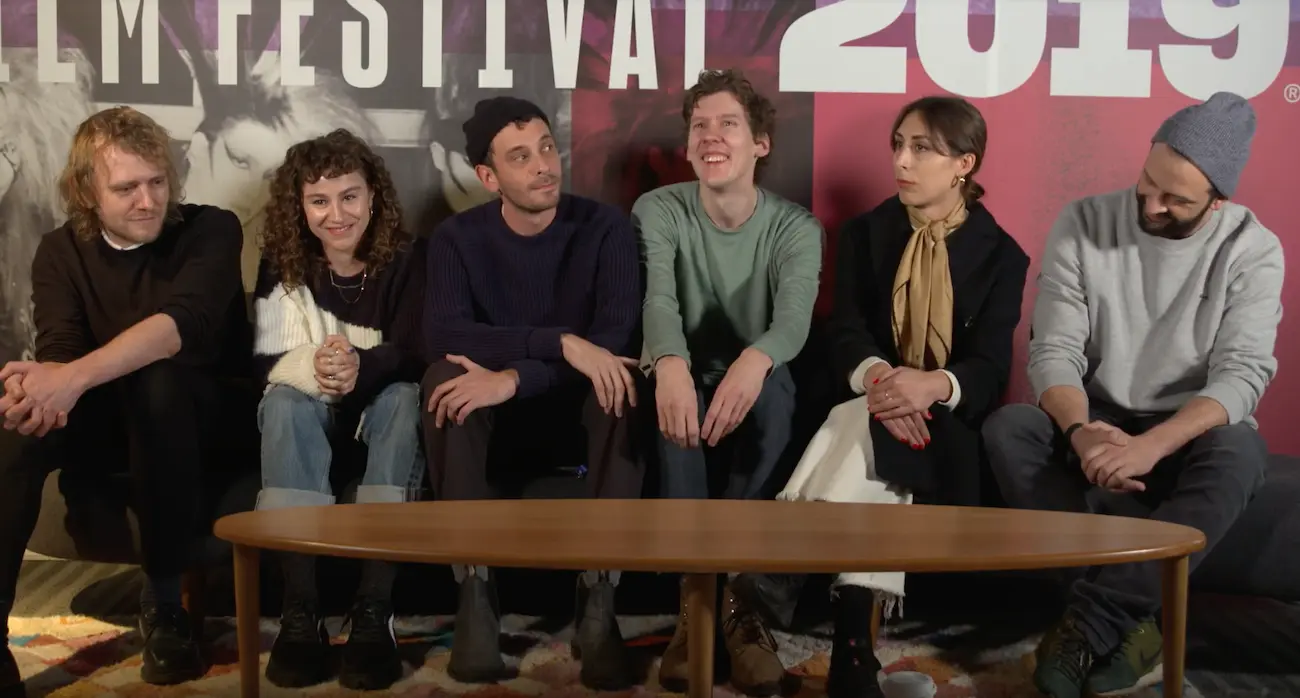
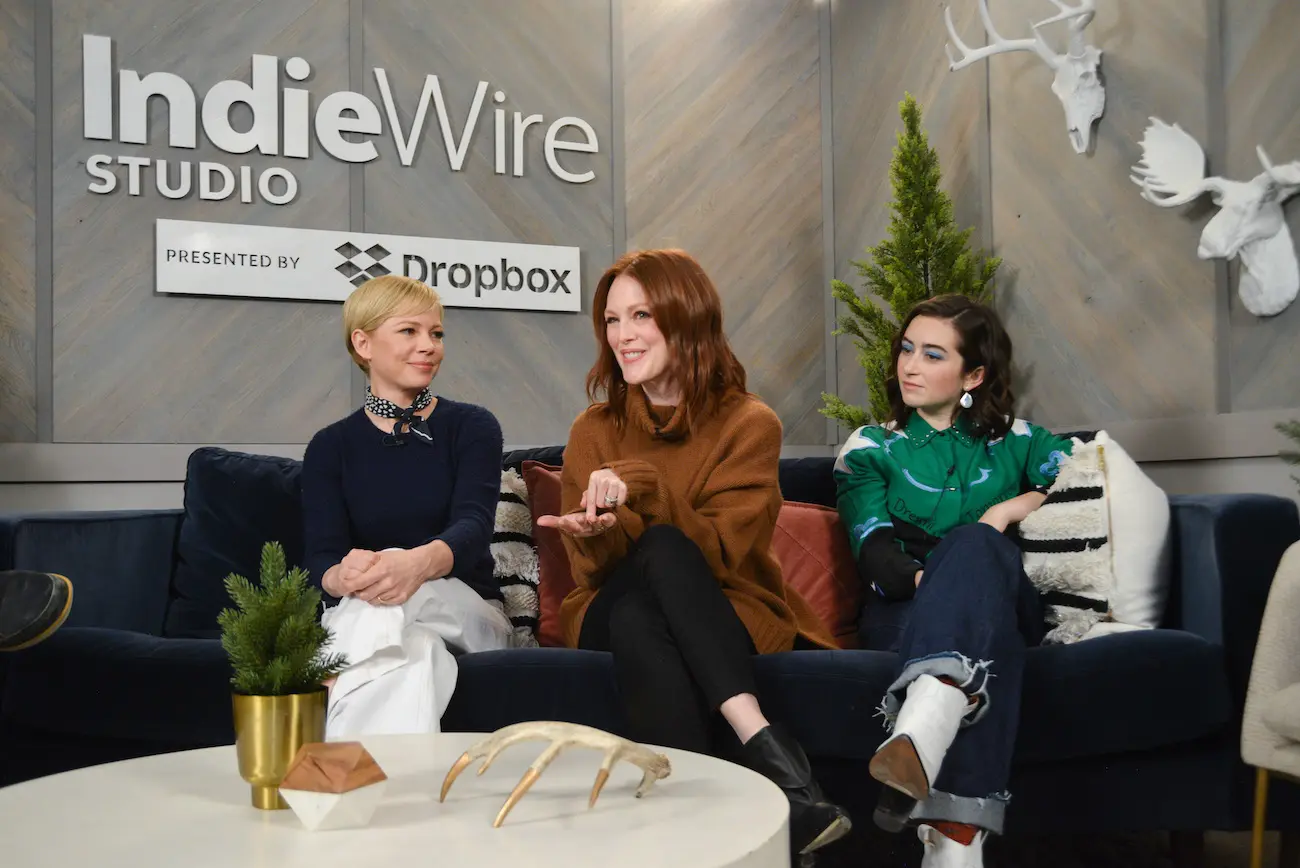
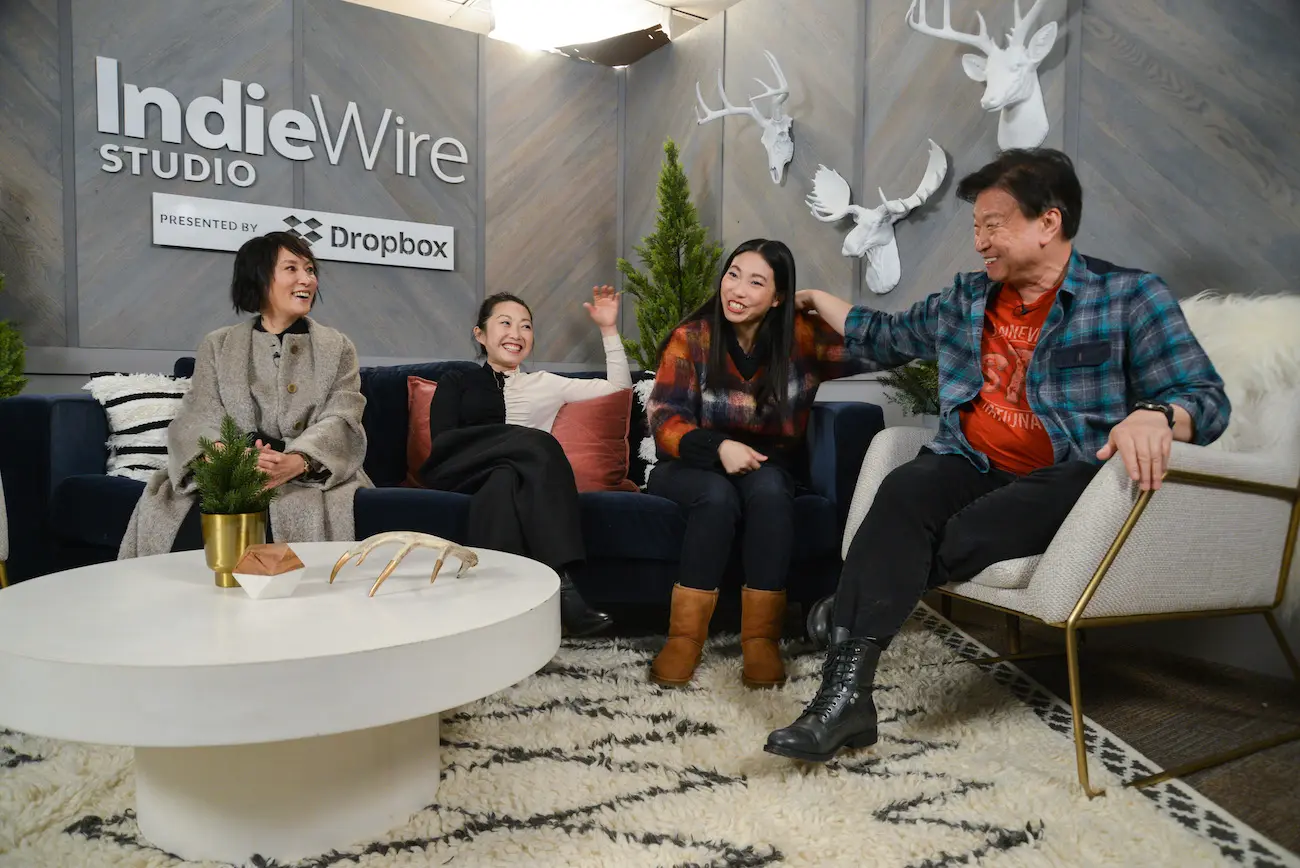
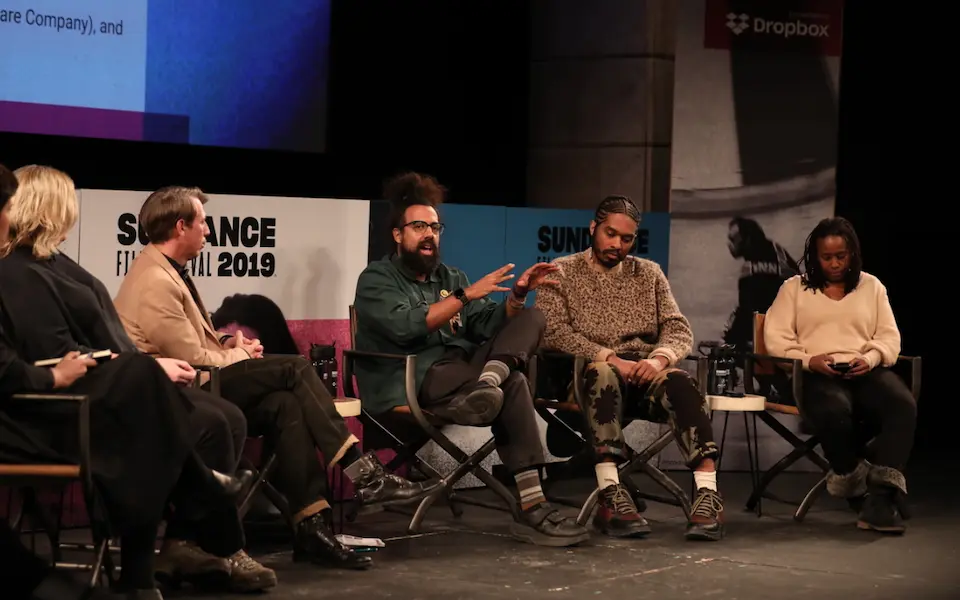
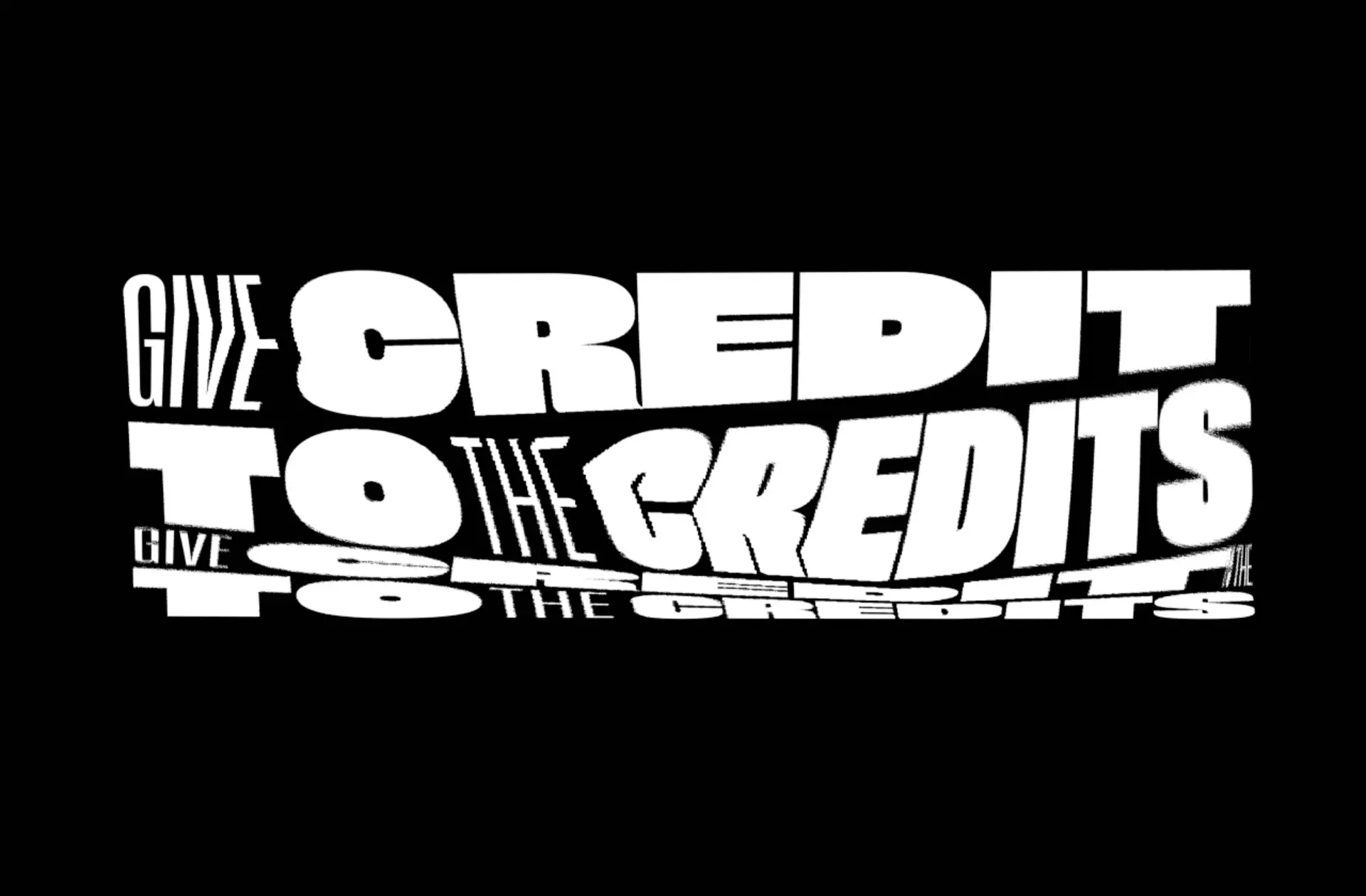
.jpg/_jcr_content/renditions/Extremely%20Wicked%20Shockingly%20Evil%20and%20Vile_Sundance19_Director%20Joe%20Berlinger%20(3).webp)
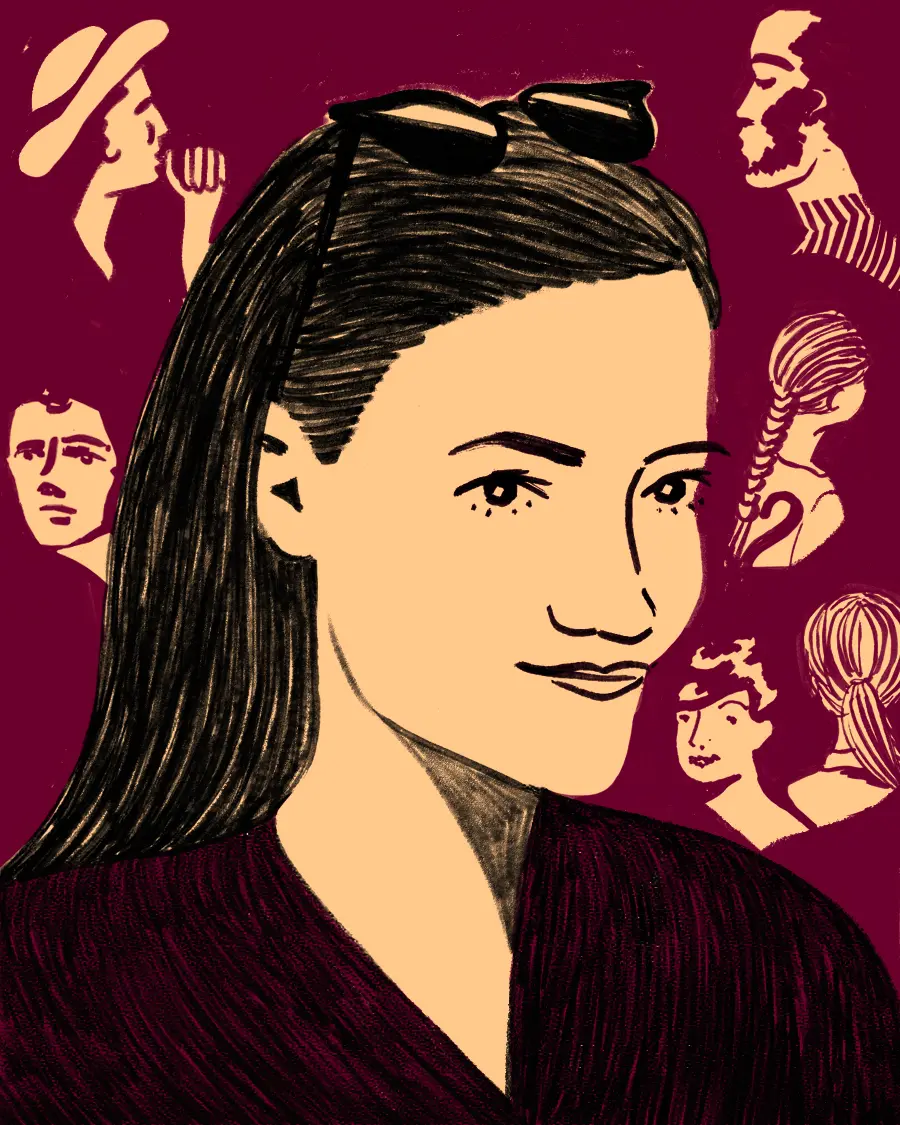
.jpg/_jcr_content/renditions/Bedlam%2014%20(1).webp)
